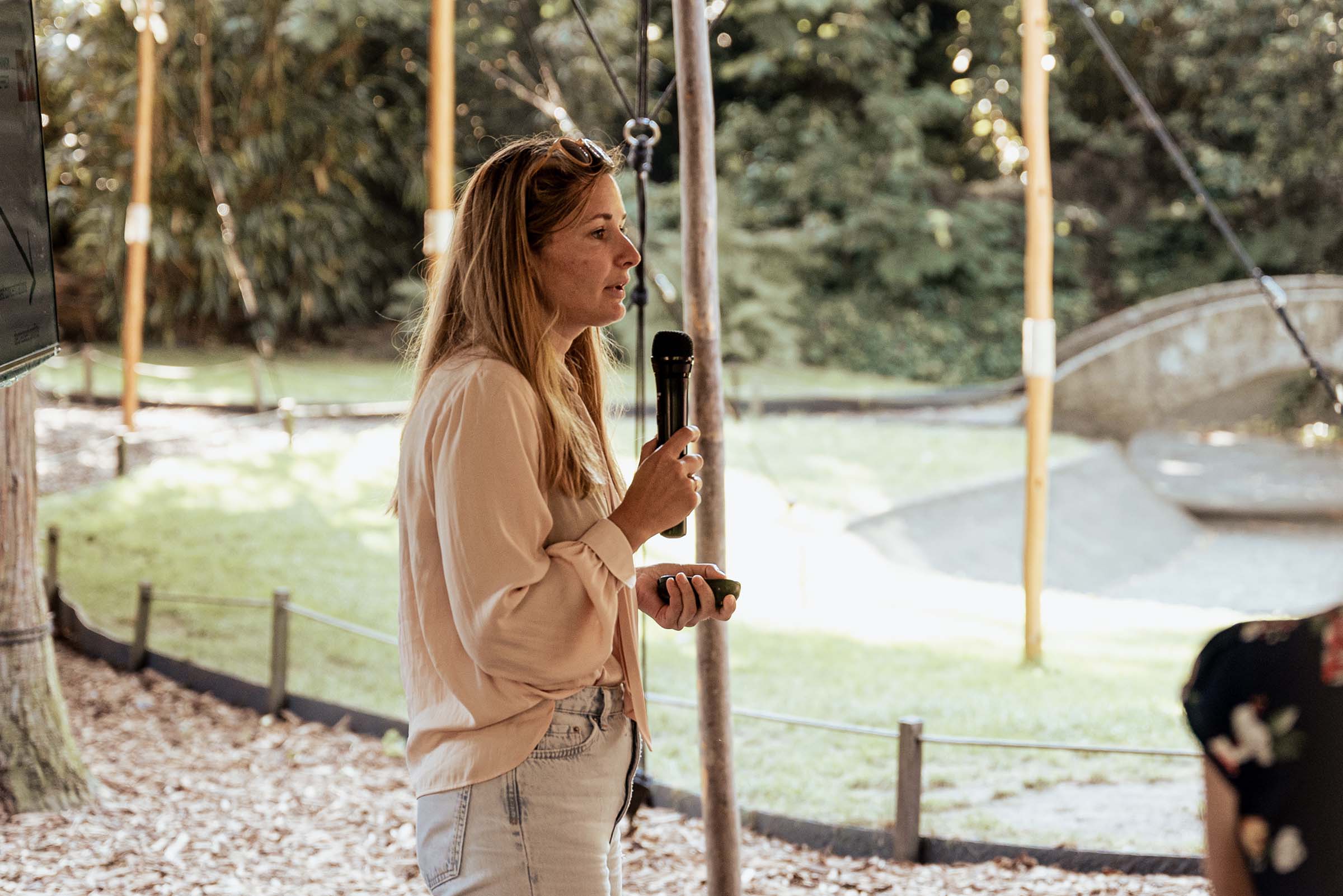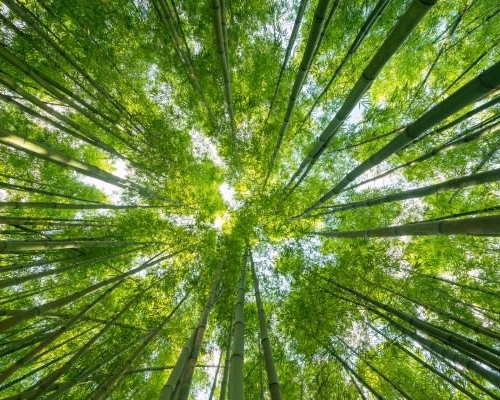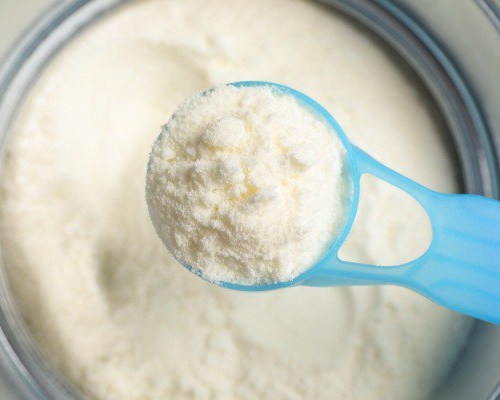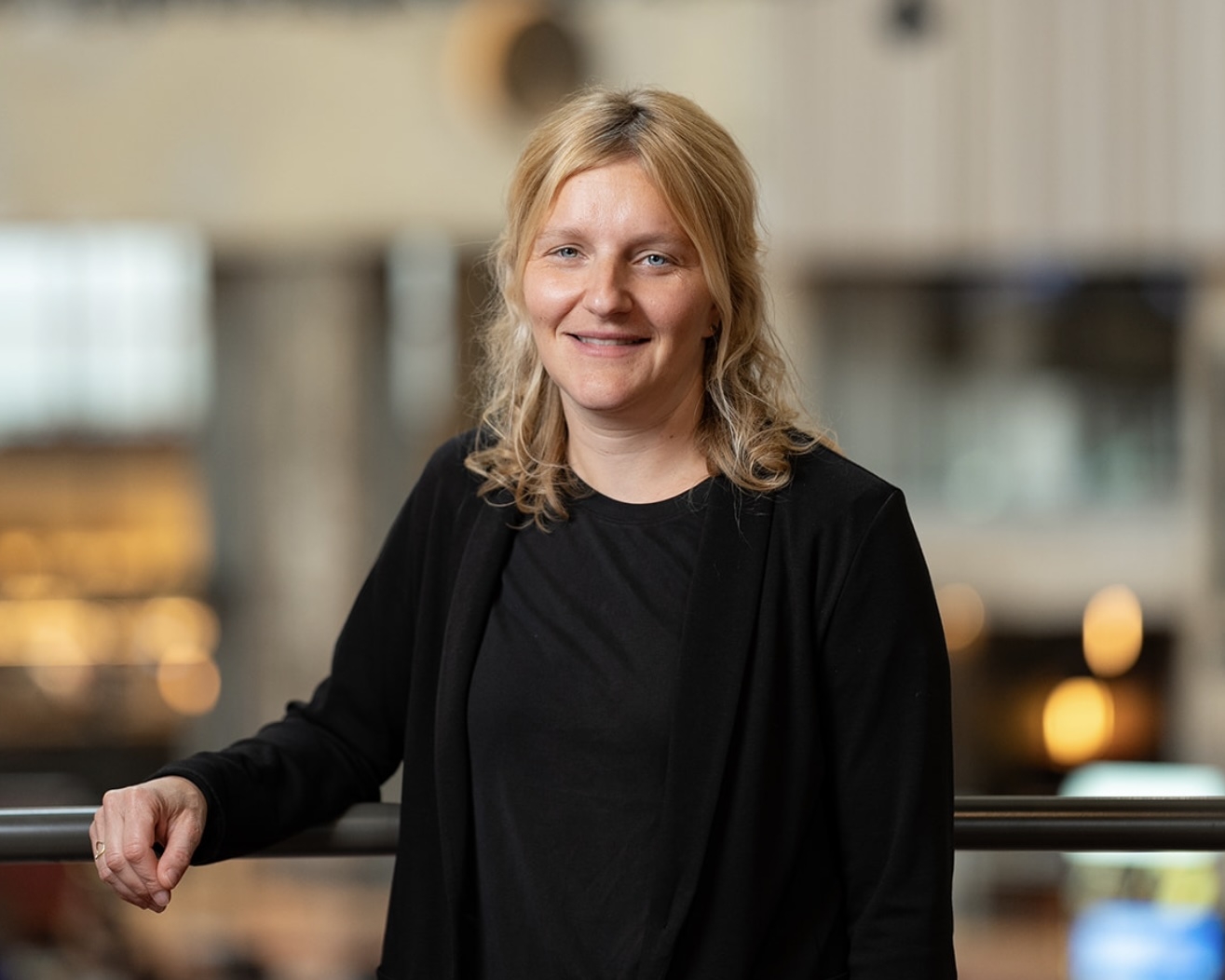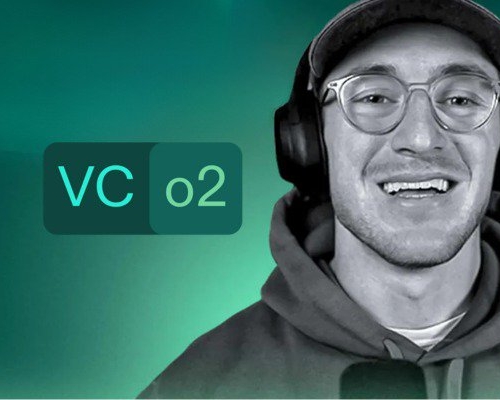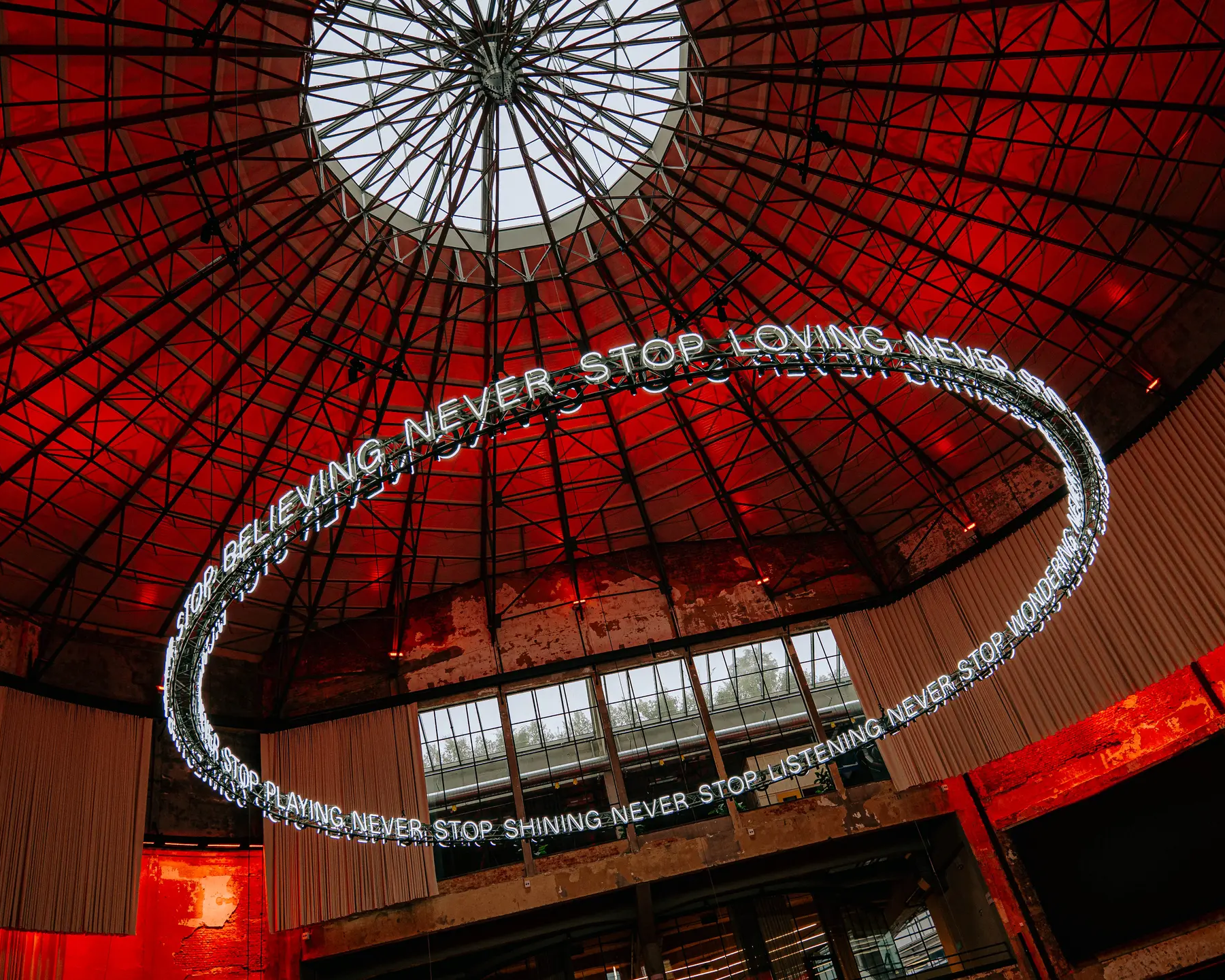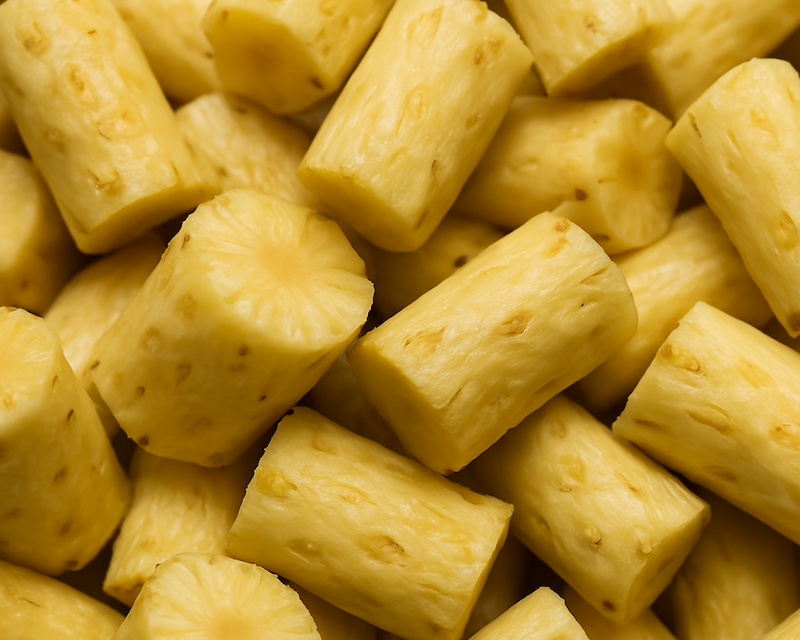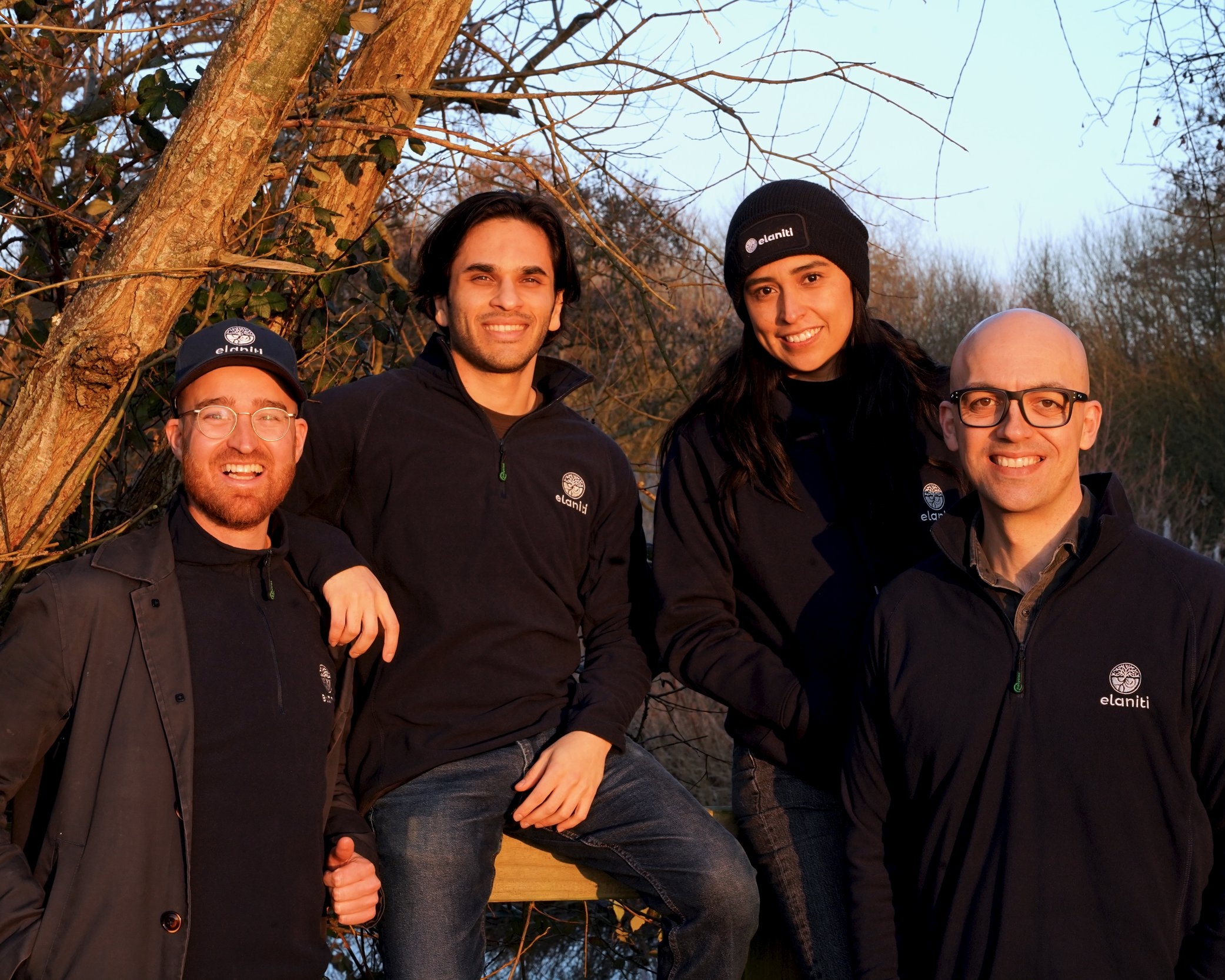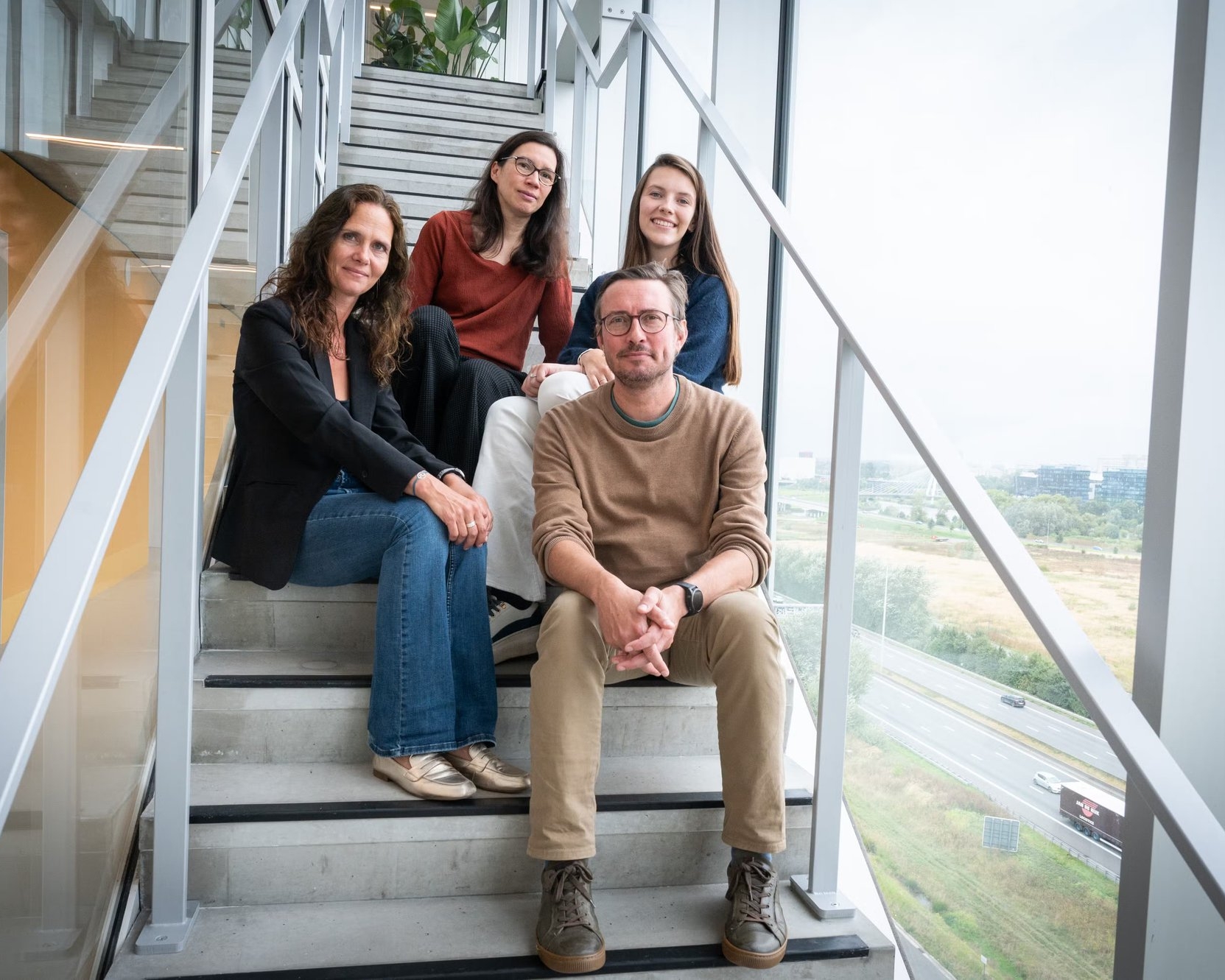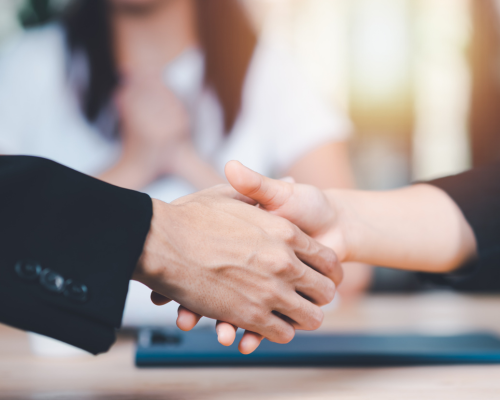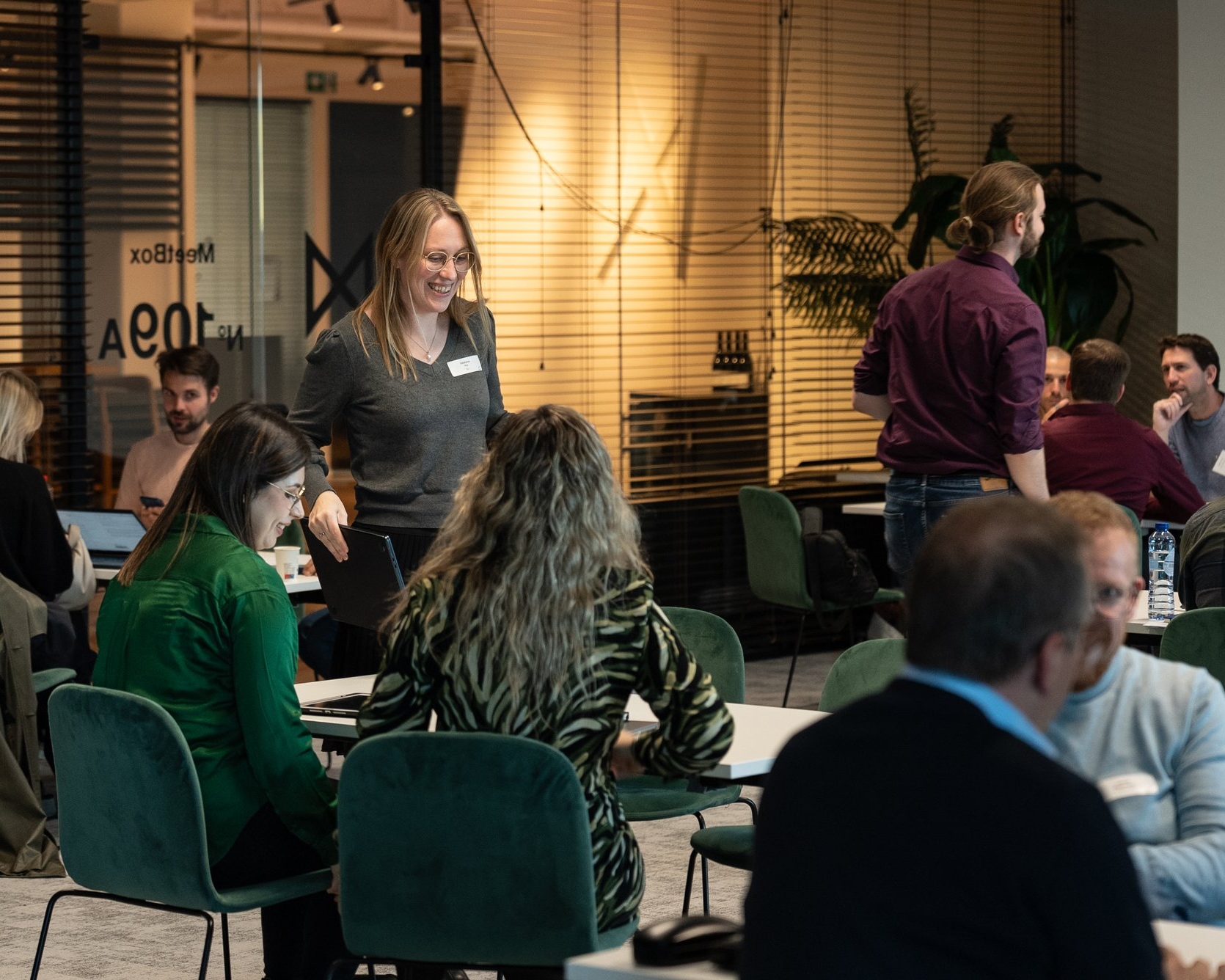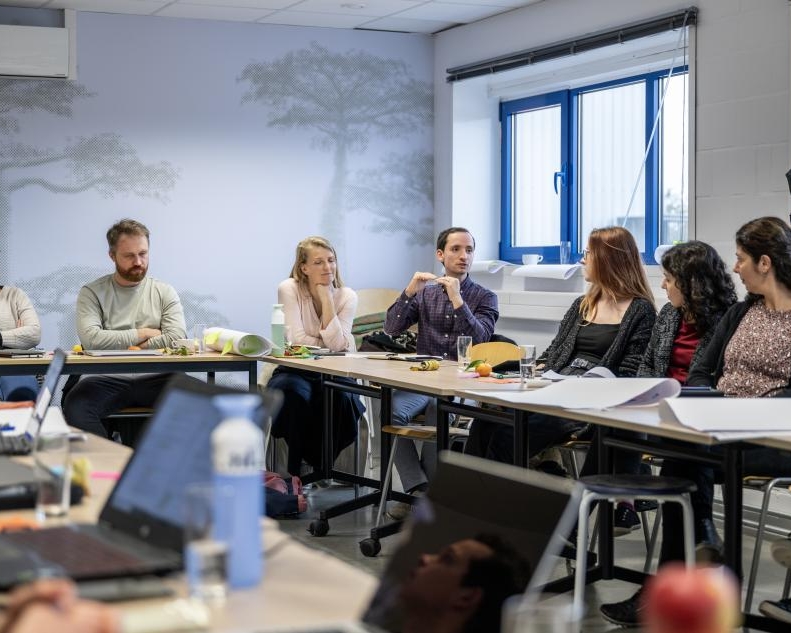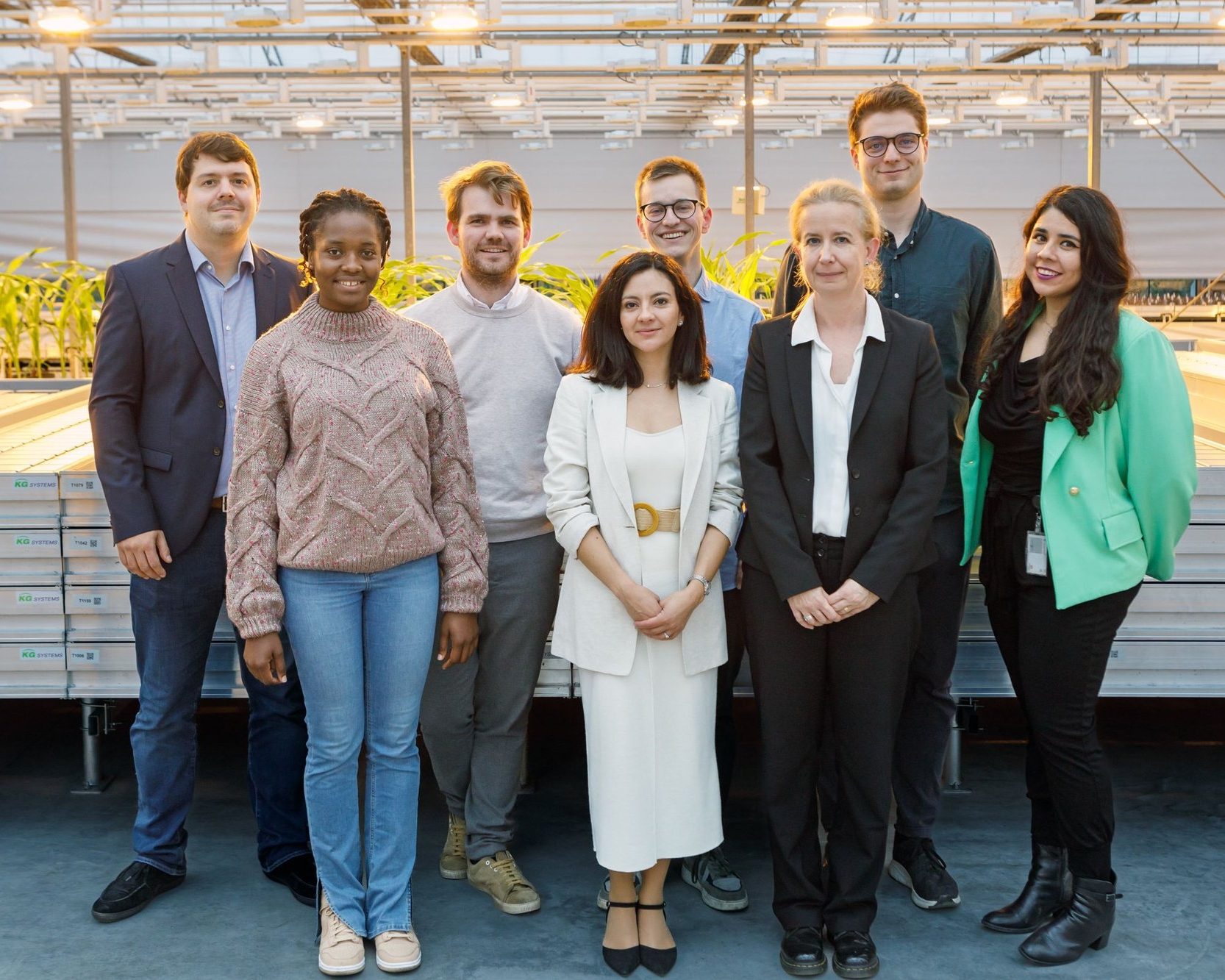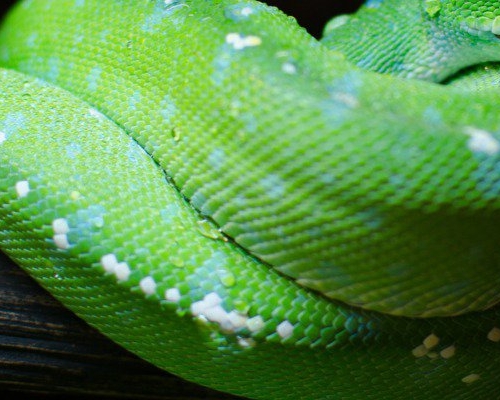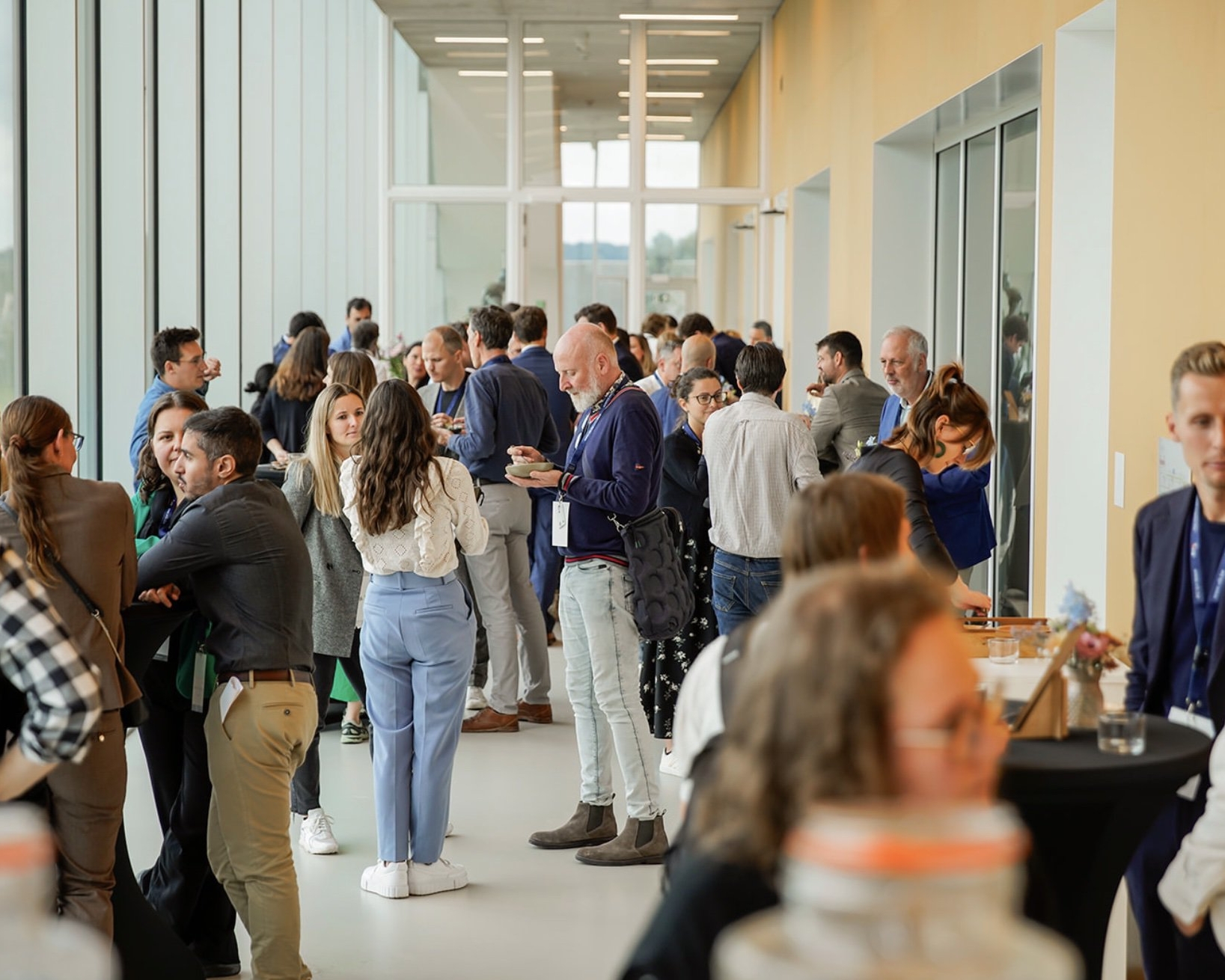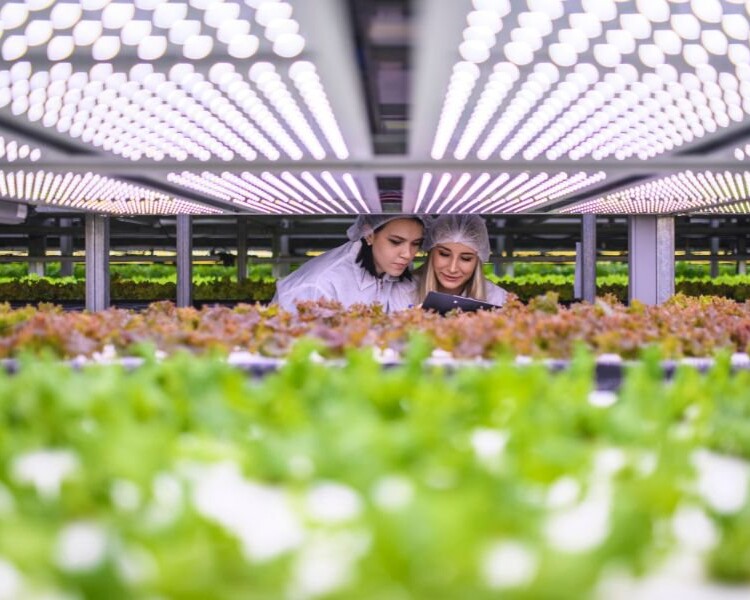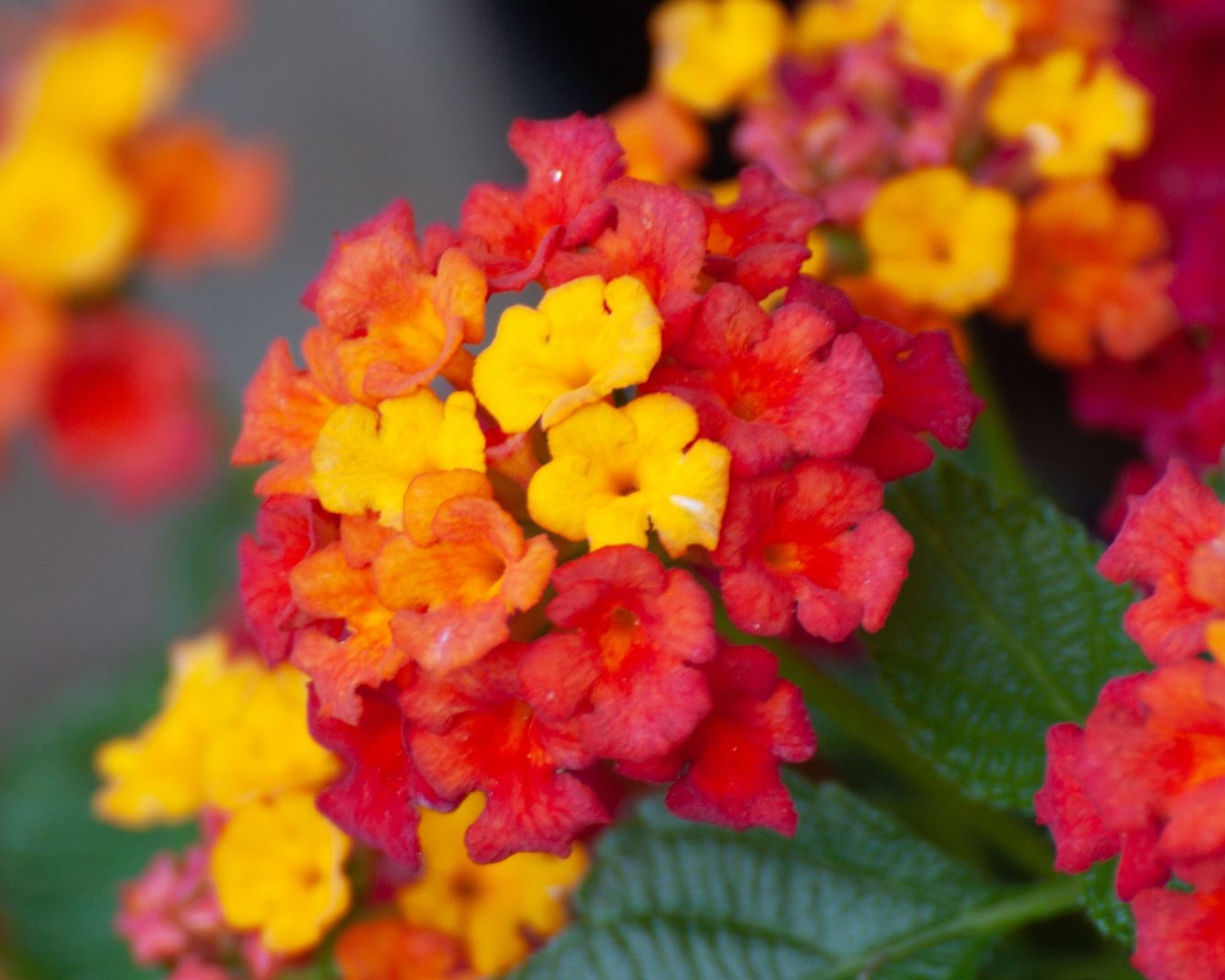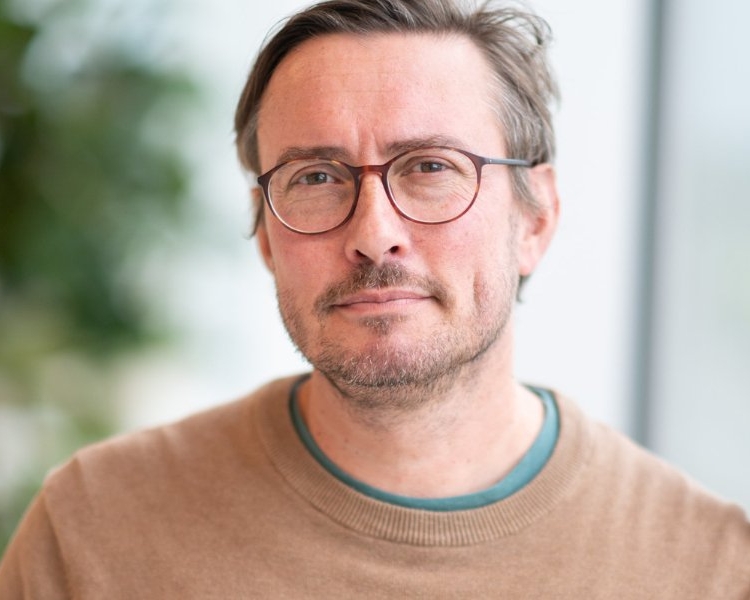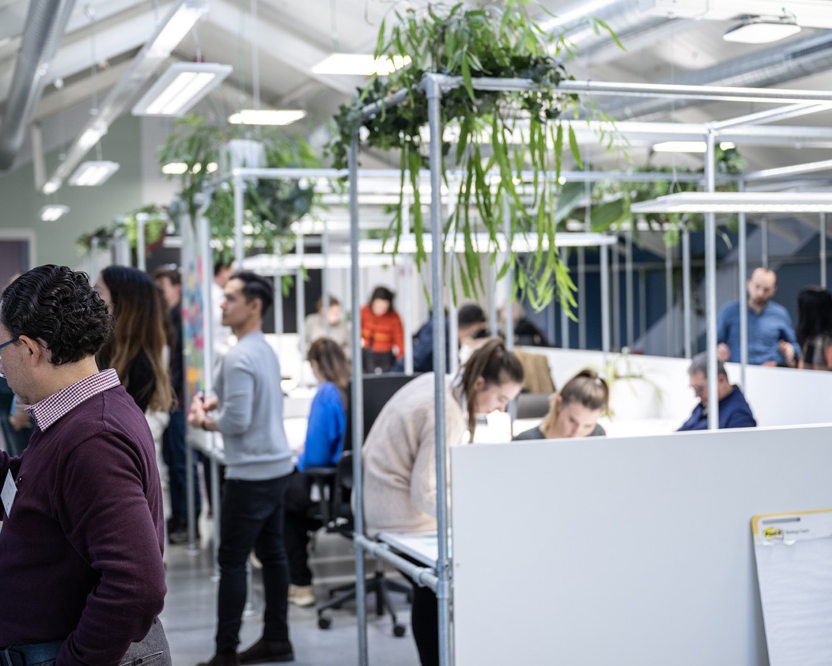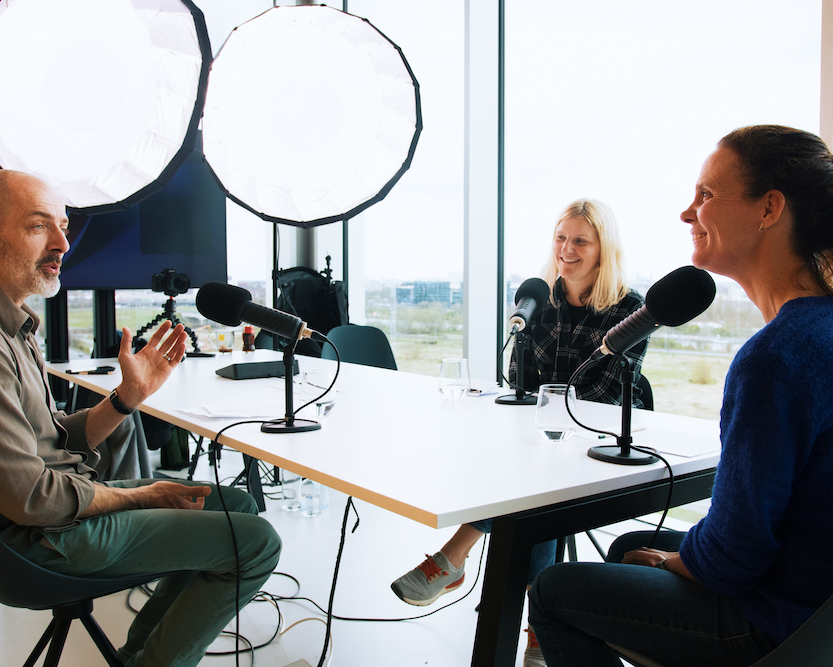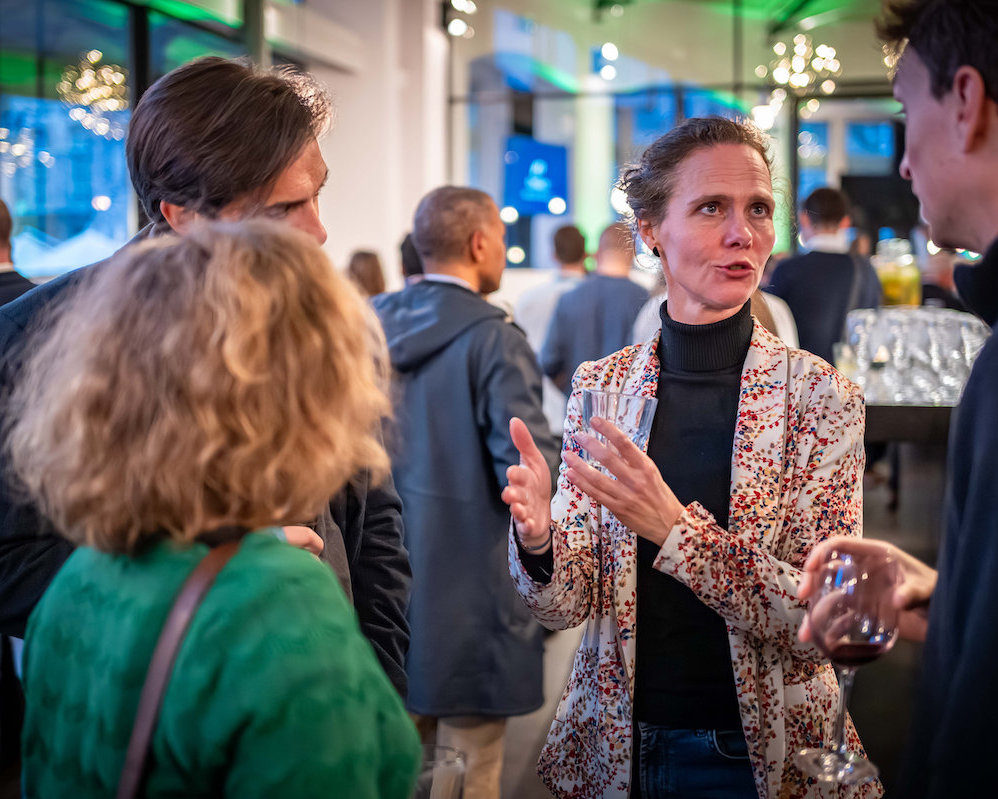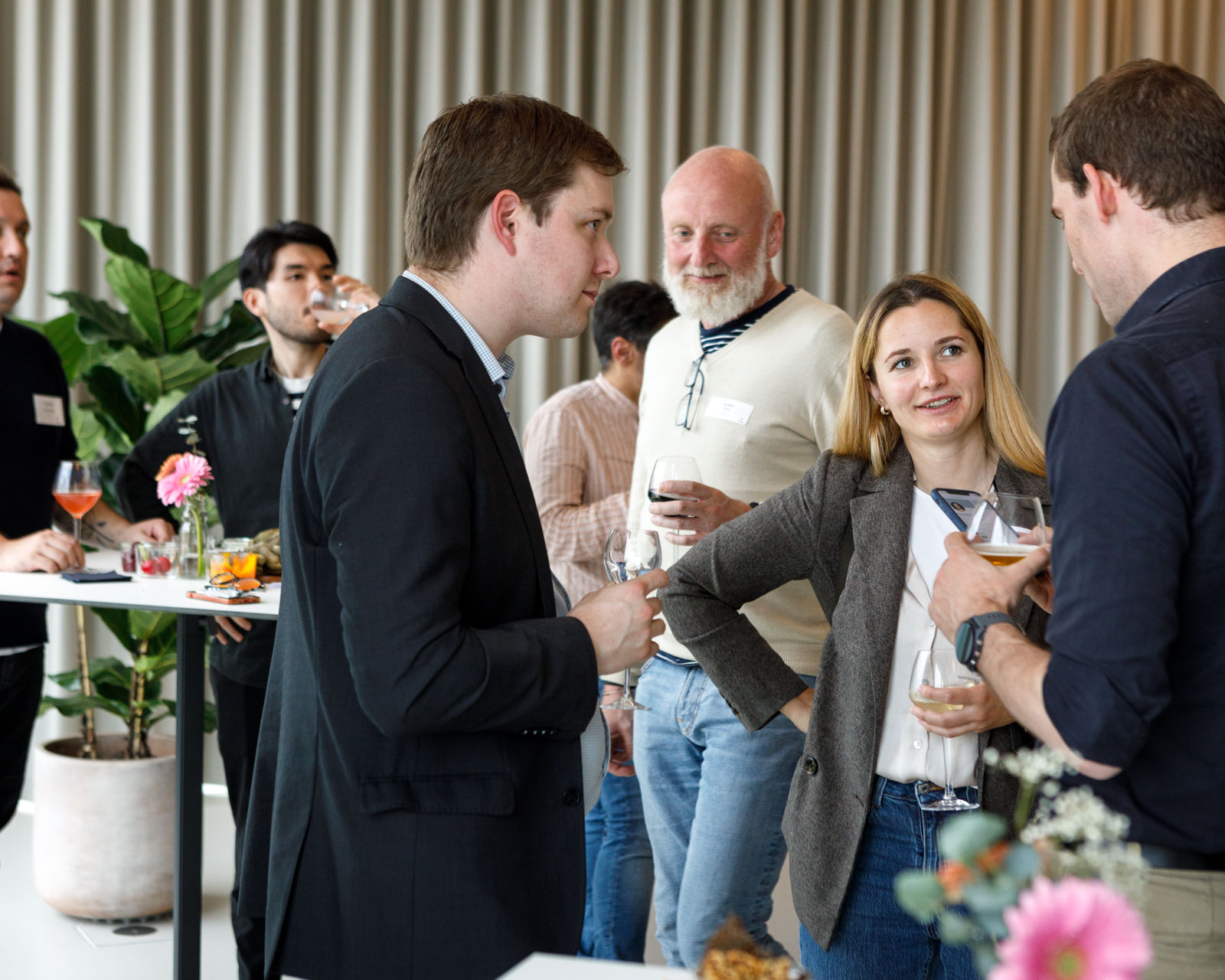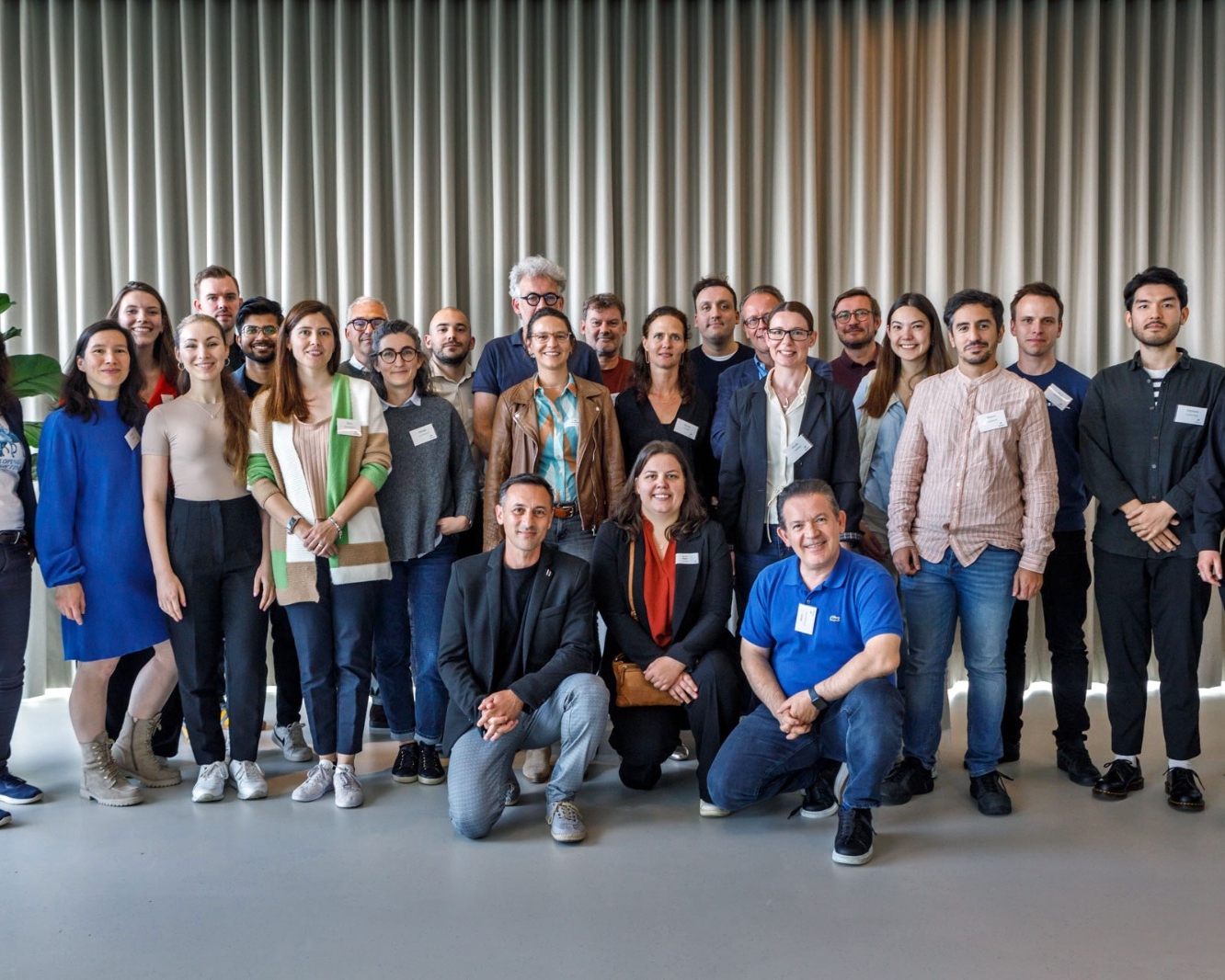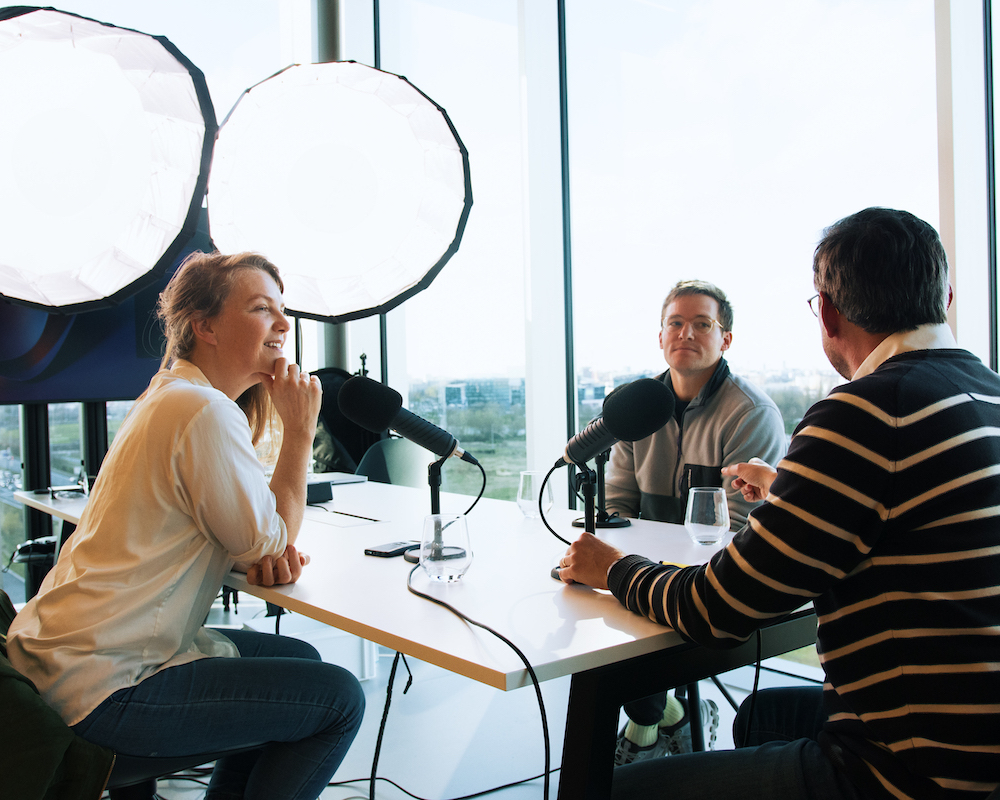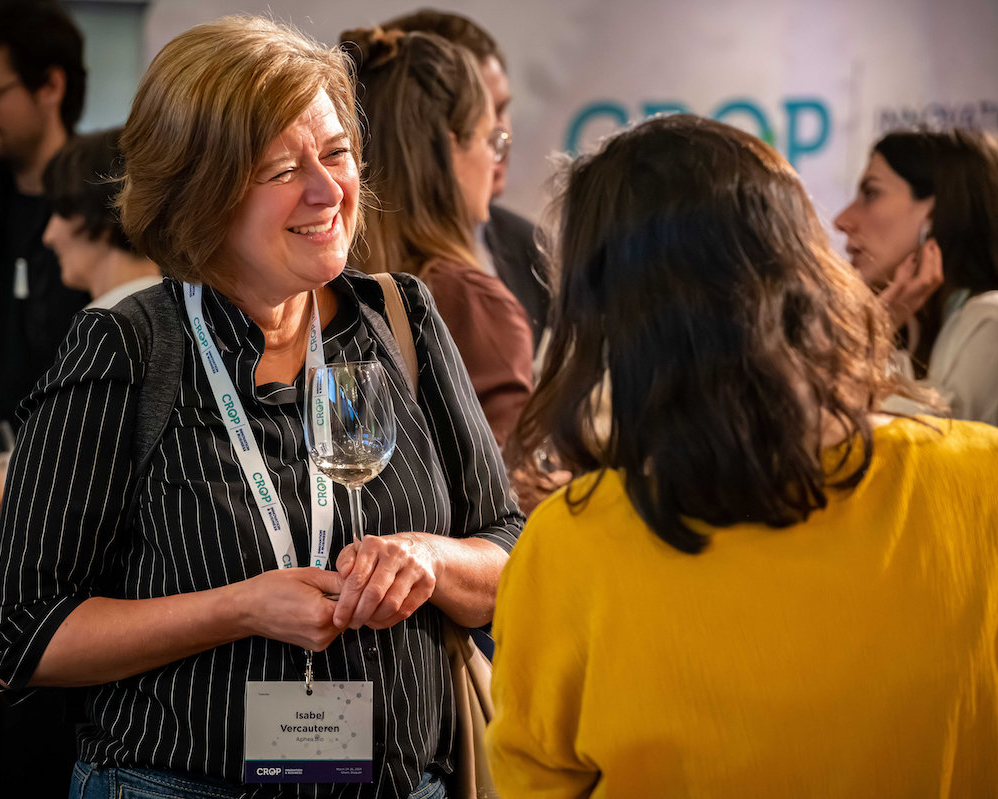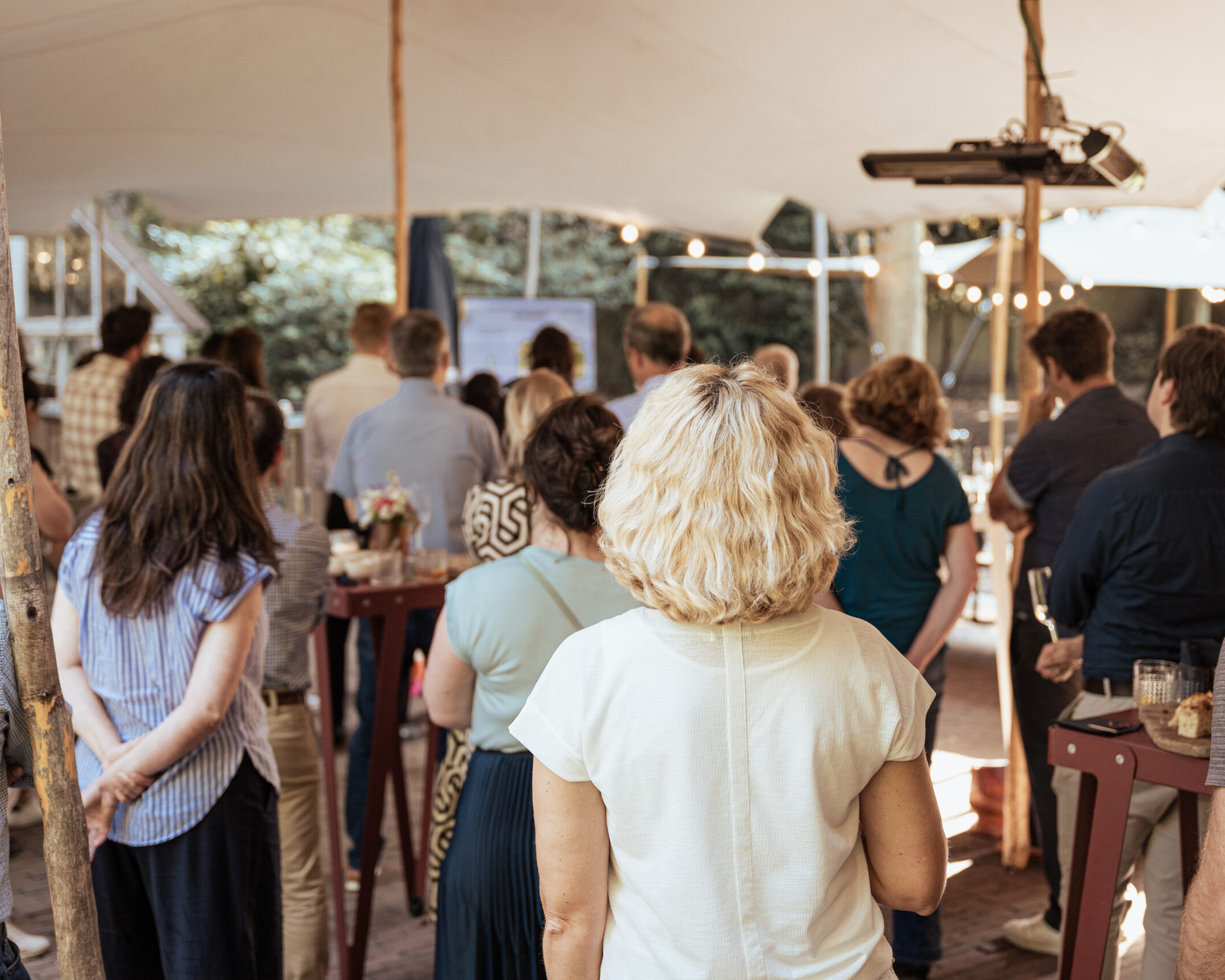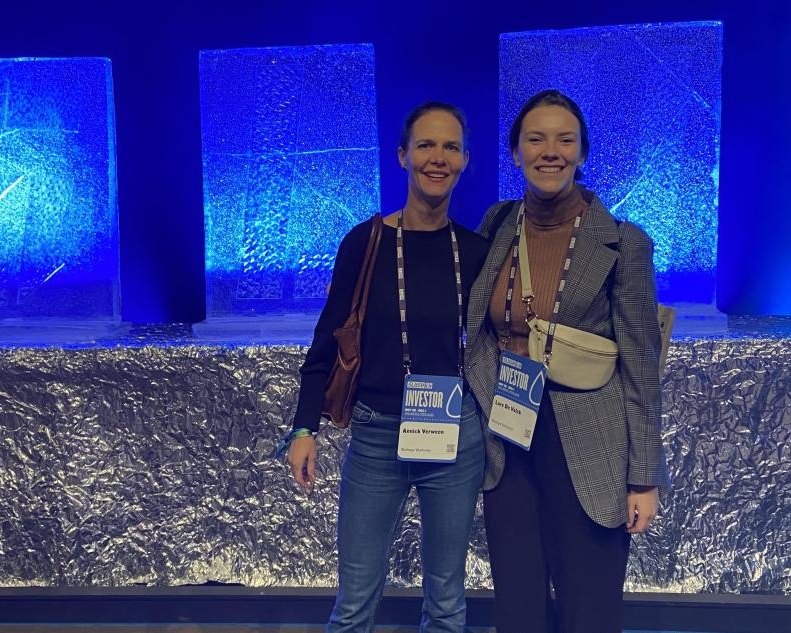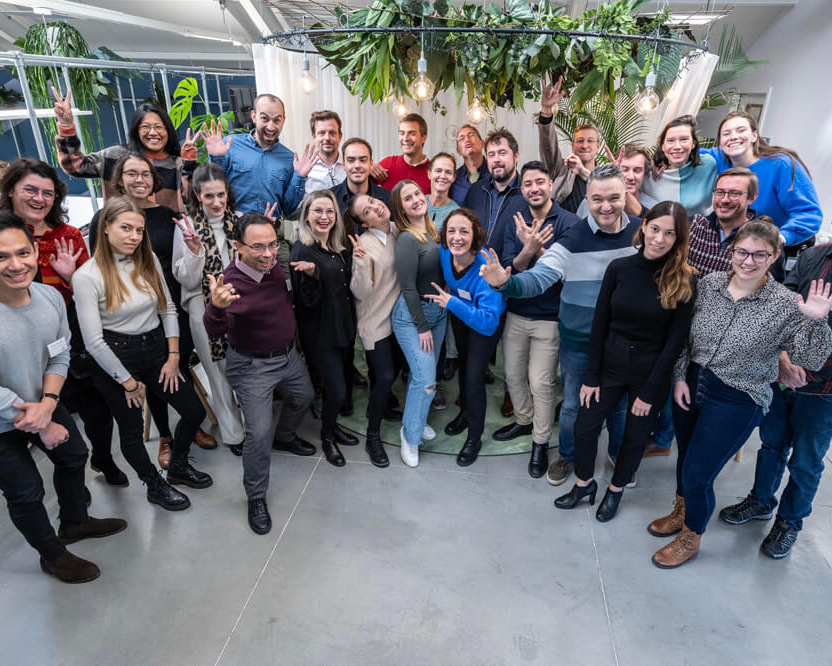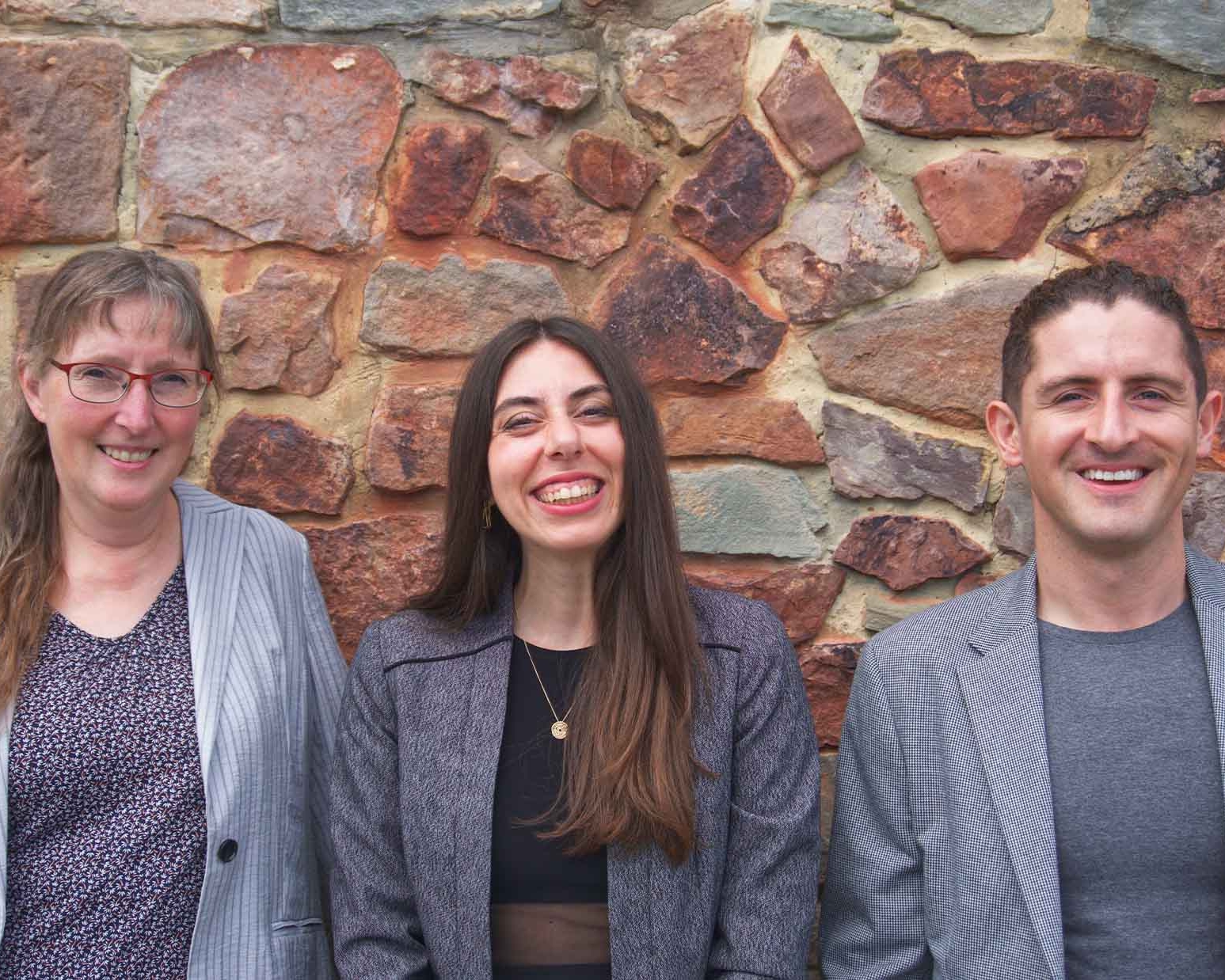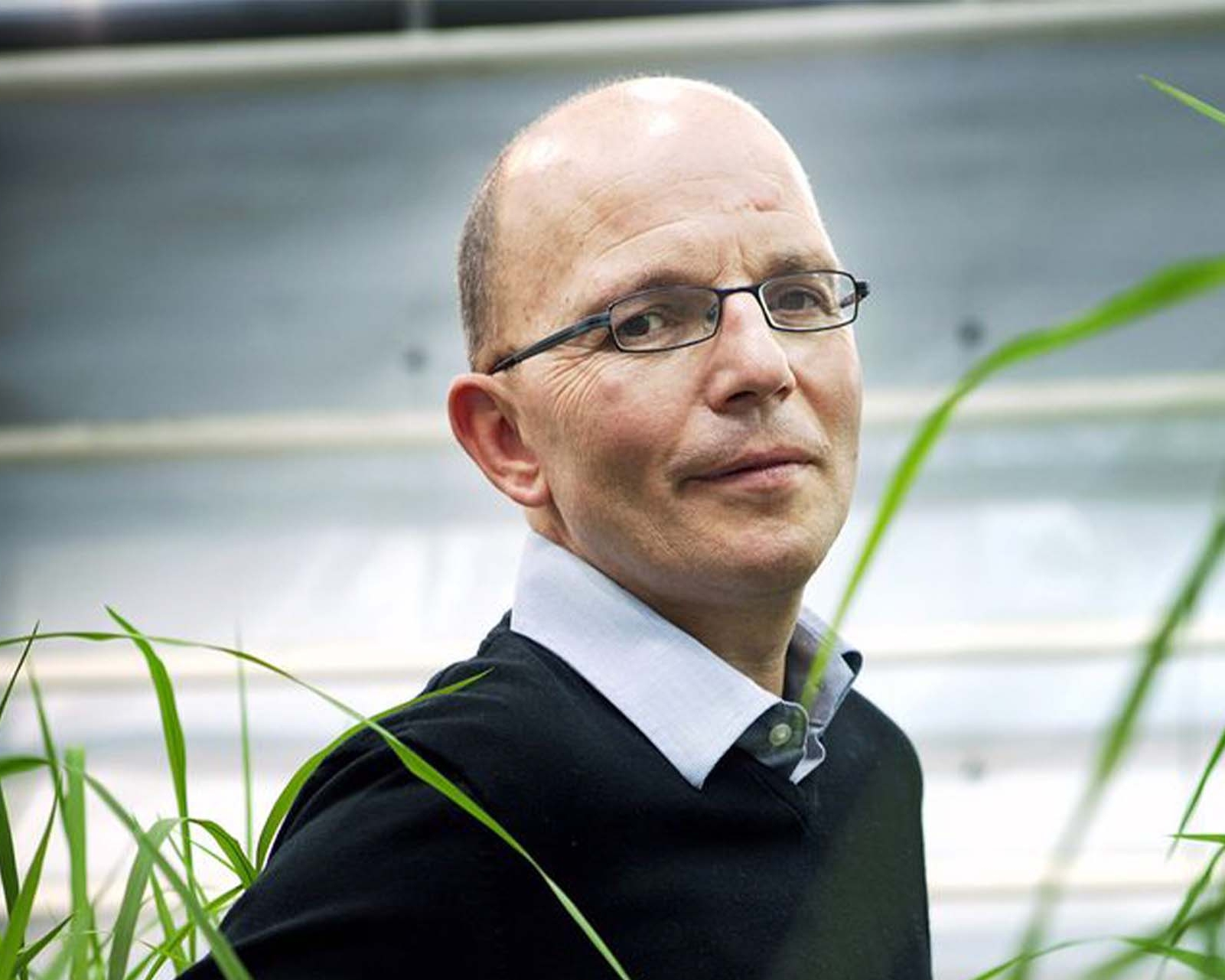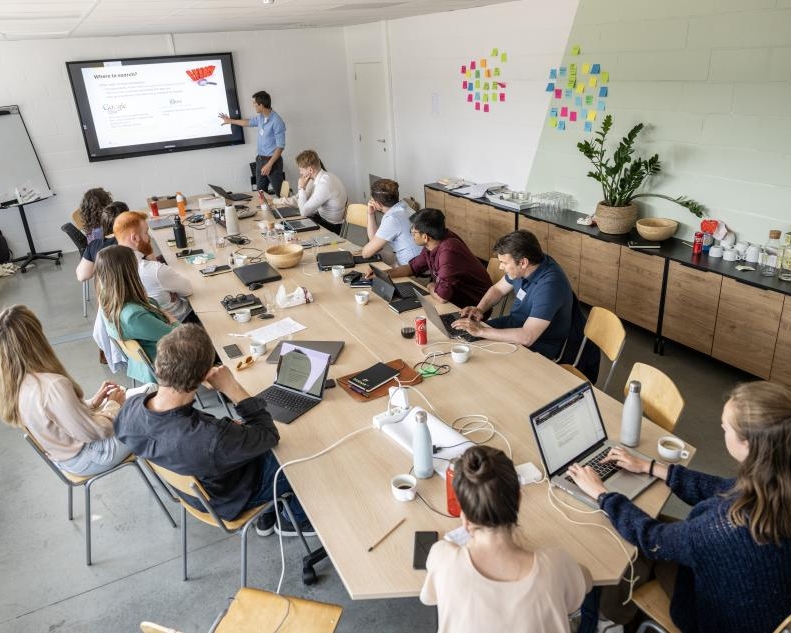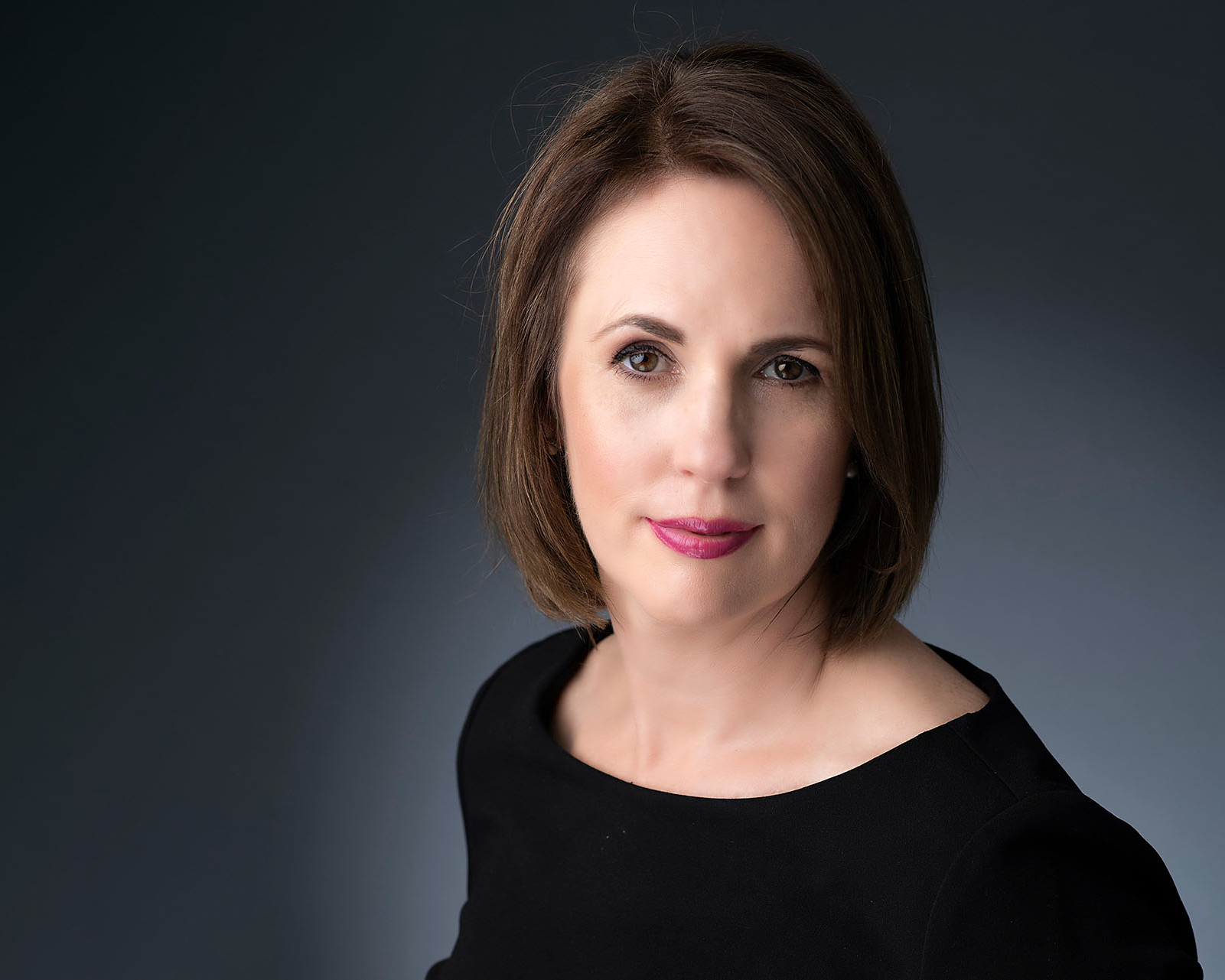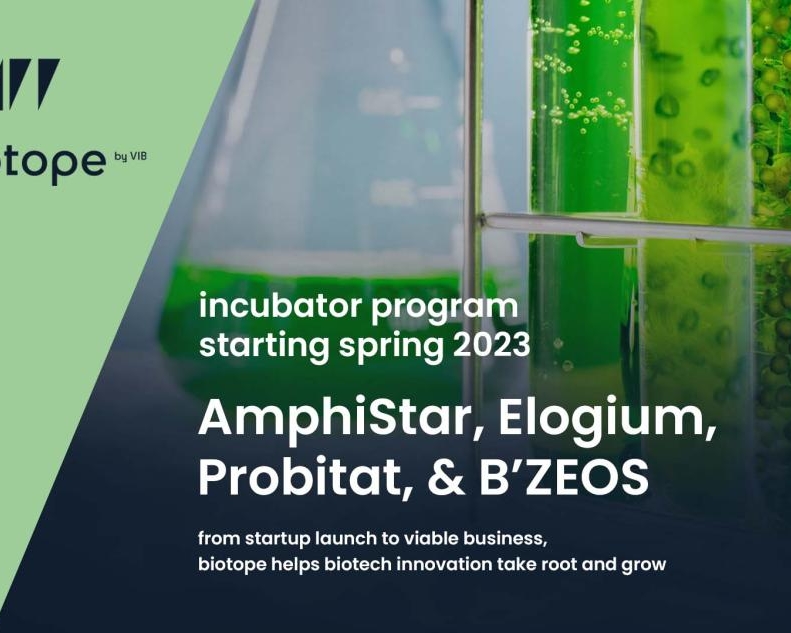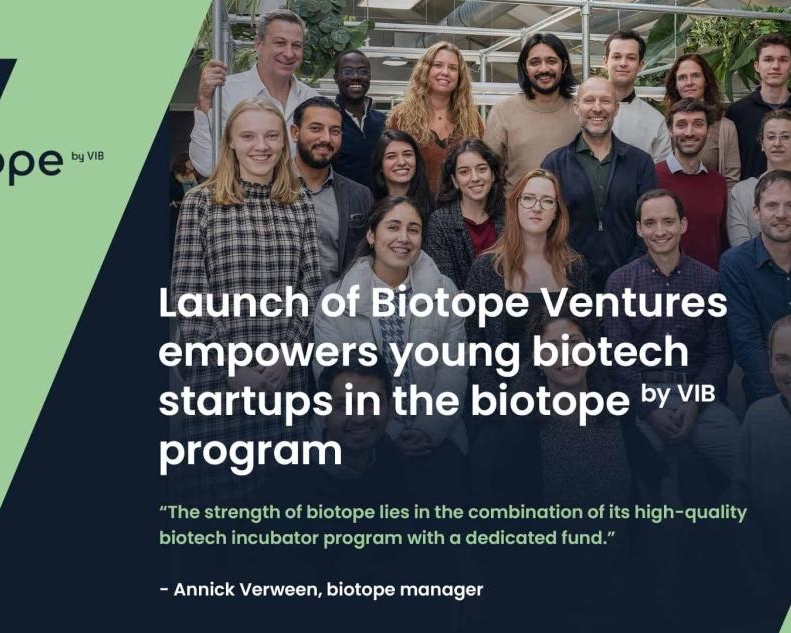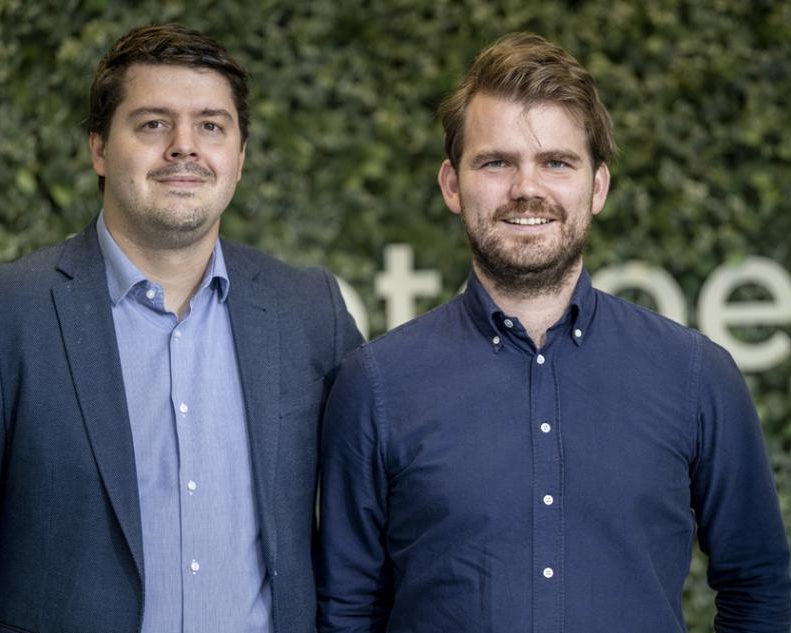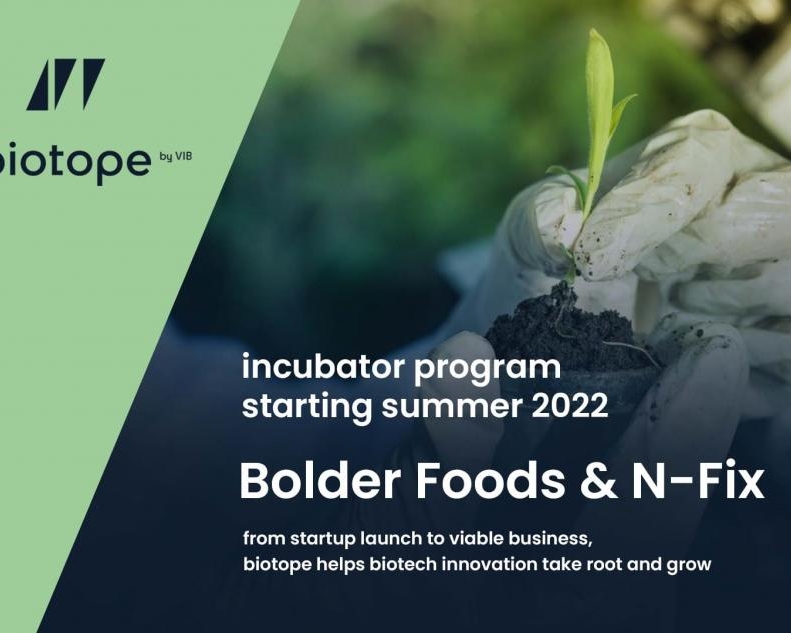- Home
- Startup news
- B’ZEOS: sustainable packaging made of seaweed
B’ZEOS: sustainable packaging made of seaweed
Biotope startup B'ZEOS is unlocking the power of seaweed to create packaging that is good for our planet. The company is using seaweed as a sustainable source of biomass to create fully compostable bioplastics.
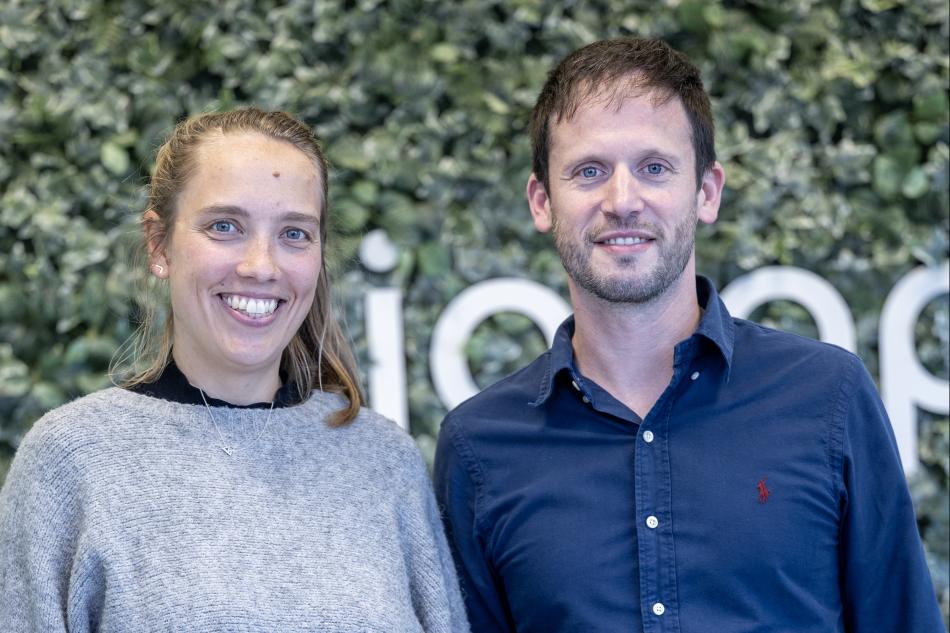
What is the issue your company is solving?
Guy Maurice (Co-founder and SeaEO): “At B’ZEOS, we tackle end-of-life problems with conventional, single-use plastics, like littering. Before I co-founded the company, I worked with NGOs in Africa and Panama, where I witnessed a lot of issues with waste disposal, such as plastics being burned in landfills.
And that was the plastic that made it to the landfill in the first place; most single-use packaging gets discarded elsewhere, polluting the environment, and leading to awful problems because it takes so long to break down.”
Adriana Kyvik (Co-founder and SeaTO): “We create bioplastic packaging solutions that follow the life cycle of the food products they protect, instead of taking hundreds of years to break down.
Many bioplastics are produced using plants, but the end products still take a long time to break down. Our biodegradable materials are sustainable from start to finish, using seaweed to create home-compostable packaging.”
Why seaweed?
Guy Maurice: “Seaweed doesn’t require land, fresh water, or chemicals to thrive, and it is extremely fast-growing, making it a viable sustainable source of biomass for large-scale bioplastics production.
A lot of other bioplastics are usually made using polysaccharides from land-based feed stocks such as corn or sugarcane, requiring extensive land use and large quantities of fresh water, fertilizers, and pesticides.”
Subscribe
Subscribe for Exclusive Updates and Exciting News!
Bedankt
Je bent ingeschreven op mijn nieuwsbriefOur solution is to create bioplastic packaging solutions that follow the life cycle of the food products they protect, instead of taking hundreds of years to break down
Adriana Kyvik
Adriana Kyvik: “Seaweed has huge potential – it’s an under-exploited biomass suitable for a range of industries. Currently, it is mainly being used for high-end applications in food and pharma. But with scaled-up production it can be used as a sustainable source of biomass in applications requiring very large volumes, such as bioplastics and biofuels.
Seaweed has been commercially farmed in Asia for a long time, primarily for food and for substances like agar and carrageenan. But cultivation methods are still relatively small-scale, with seaweed farmers wading out to shallow waters, hand-picking the seaweed, and drying it in the sun.
In Europe, we’re now looking to upscale seaweed cultivation dramatically. Norway and France are taking the lead, with projects growing seaweed in 3D structures (rather than on the 2D seabed), on the bases of offshore windmills, and even in the open ocean.”
What kind of packaging products are you developing?
Adriana Kyvik: “What sets B’ZEOS apart is our in-house expertise in material science. We partner with corporations or packaging manufacturers looking for bioplastic solutions for their own packaging products. We formulate the base materials: the pellets that can then be turned into packaging together with a manufacturing partner.
For example, we are currently working on a bioplastic film for fresh produce. The plastic wrap for fruits and vegetables needs to be breathable, or else you end up trapping moisture and increasing the rotting rate of the produce.
We’re developing a material that is similar to cellophane in terms of properties, but with a much greener production method.”
Seaweed doesn’t require land, fresh water, or chemicals to thrive, and it is extremely fast-growing, making it a viable sustainable source of biomass for large-scale bioplastics production
Guy Maurice
Guy Maurice: “We develop materials for multiple different companies, for products that need to breathe (like fruit), that are greasy (like baked goods), or dry (like nuts).
We have already undertaken several collaborations, including with Nestlé, and are looking forward to seeing our packaging solutions produced at larger volumes.
In general, we’re very excited about having a big impact in the field of bioplastics. We really believe in the potential of seaweed as an abundant source of sustainable single-use packaging.”
More News
biotope recap: Summer edition 🌞
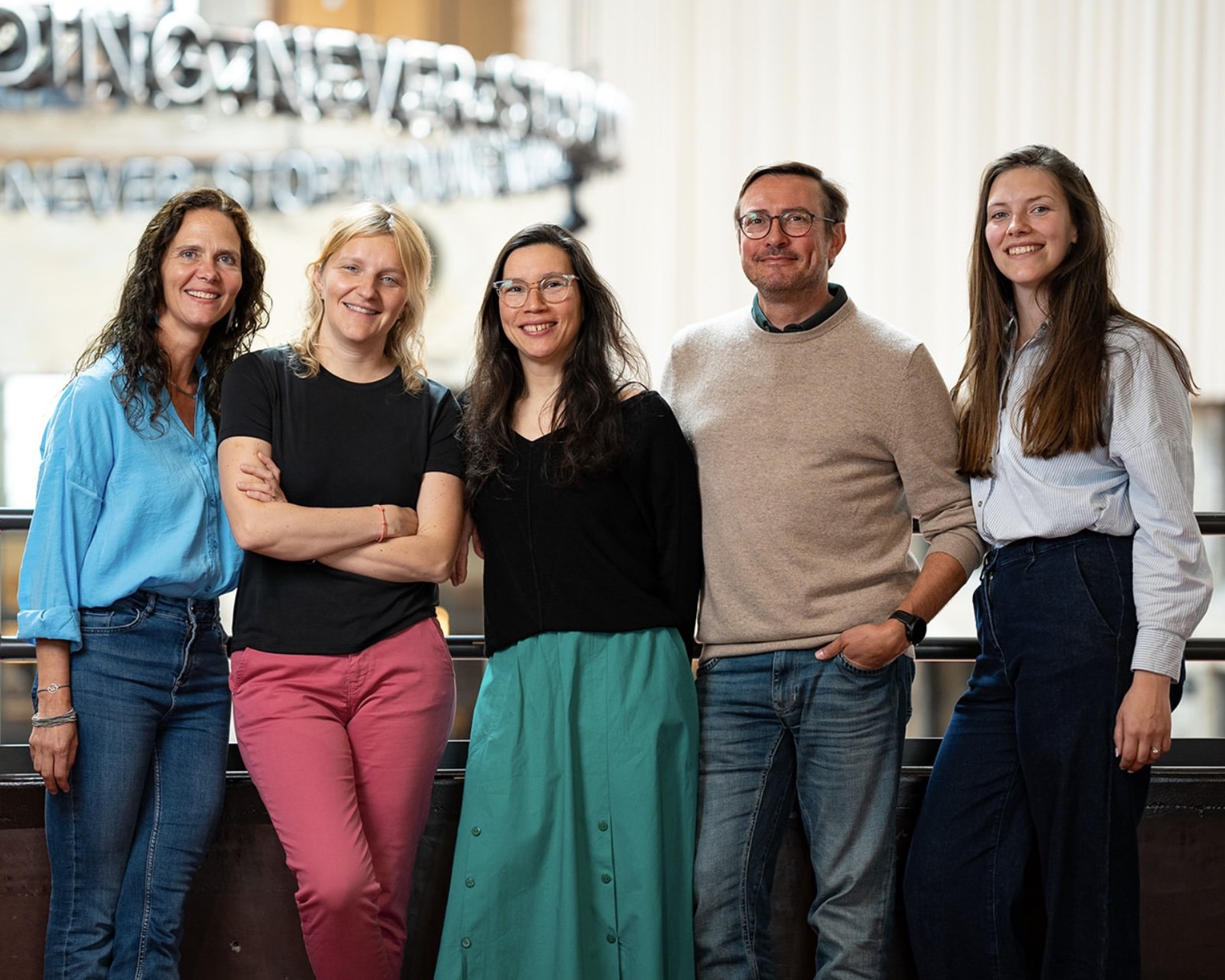
2024 wrapped
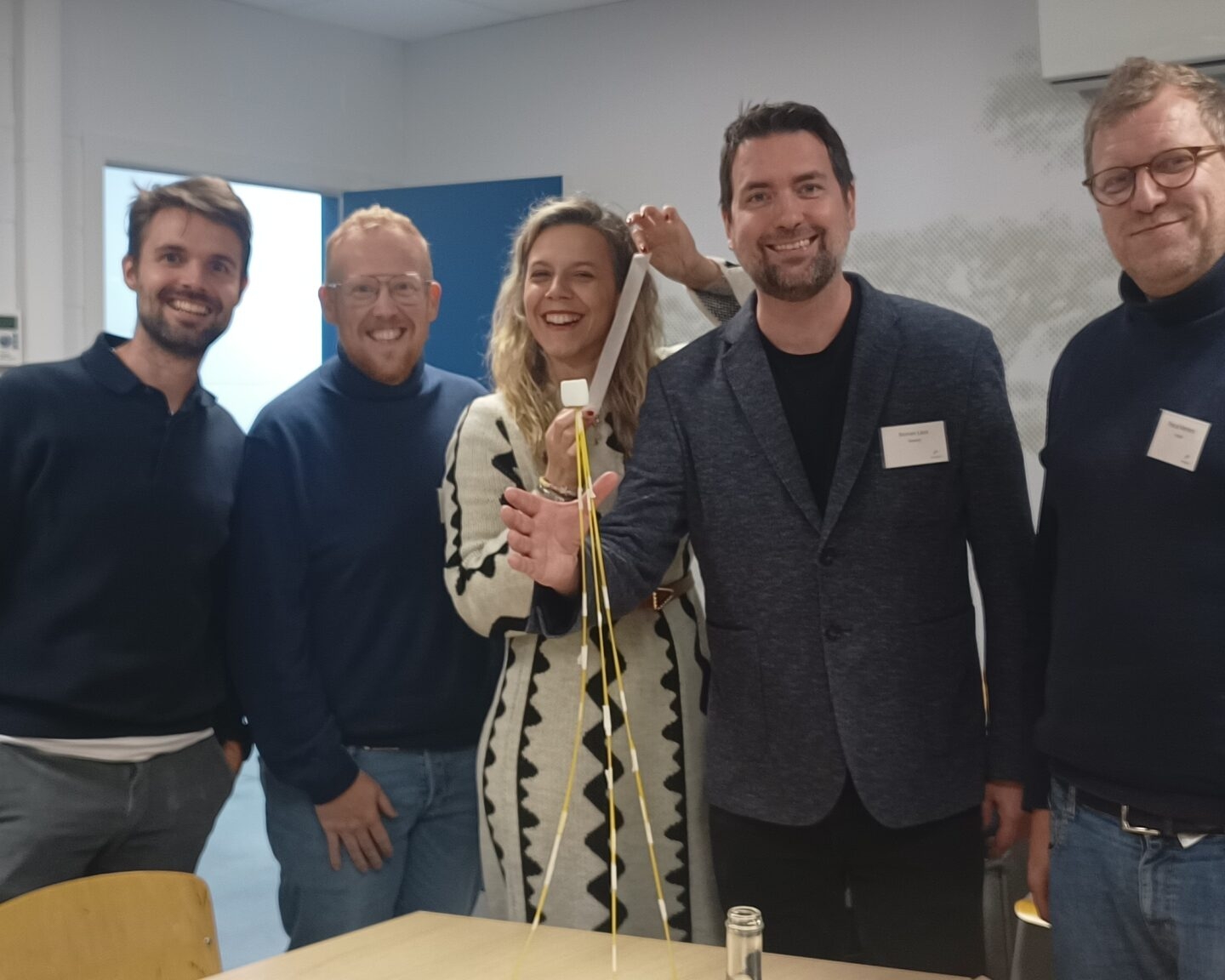
Networking with cohort six
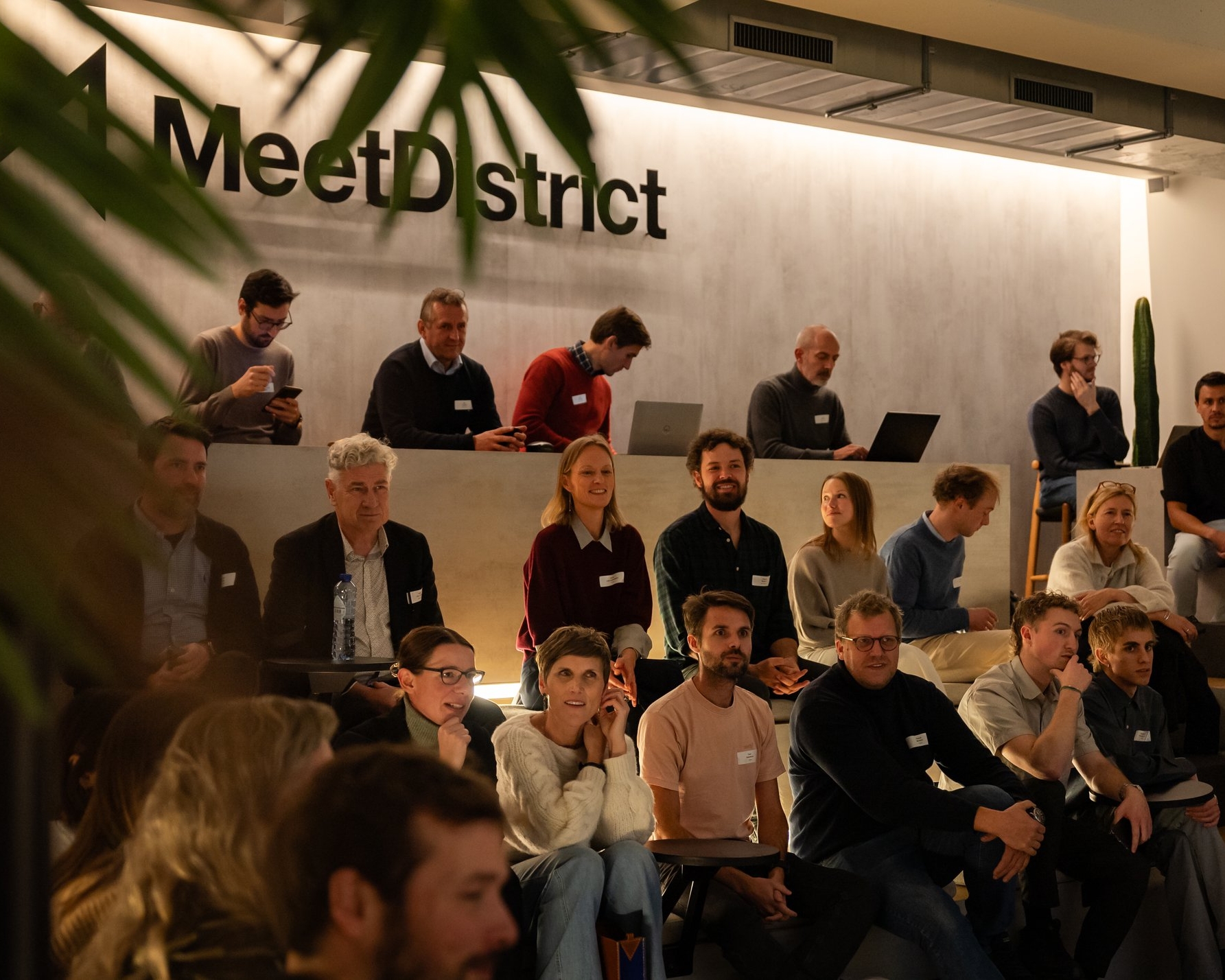
B’ZEOS celebrates seed round milestone
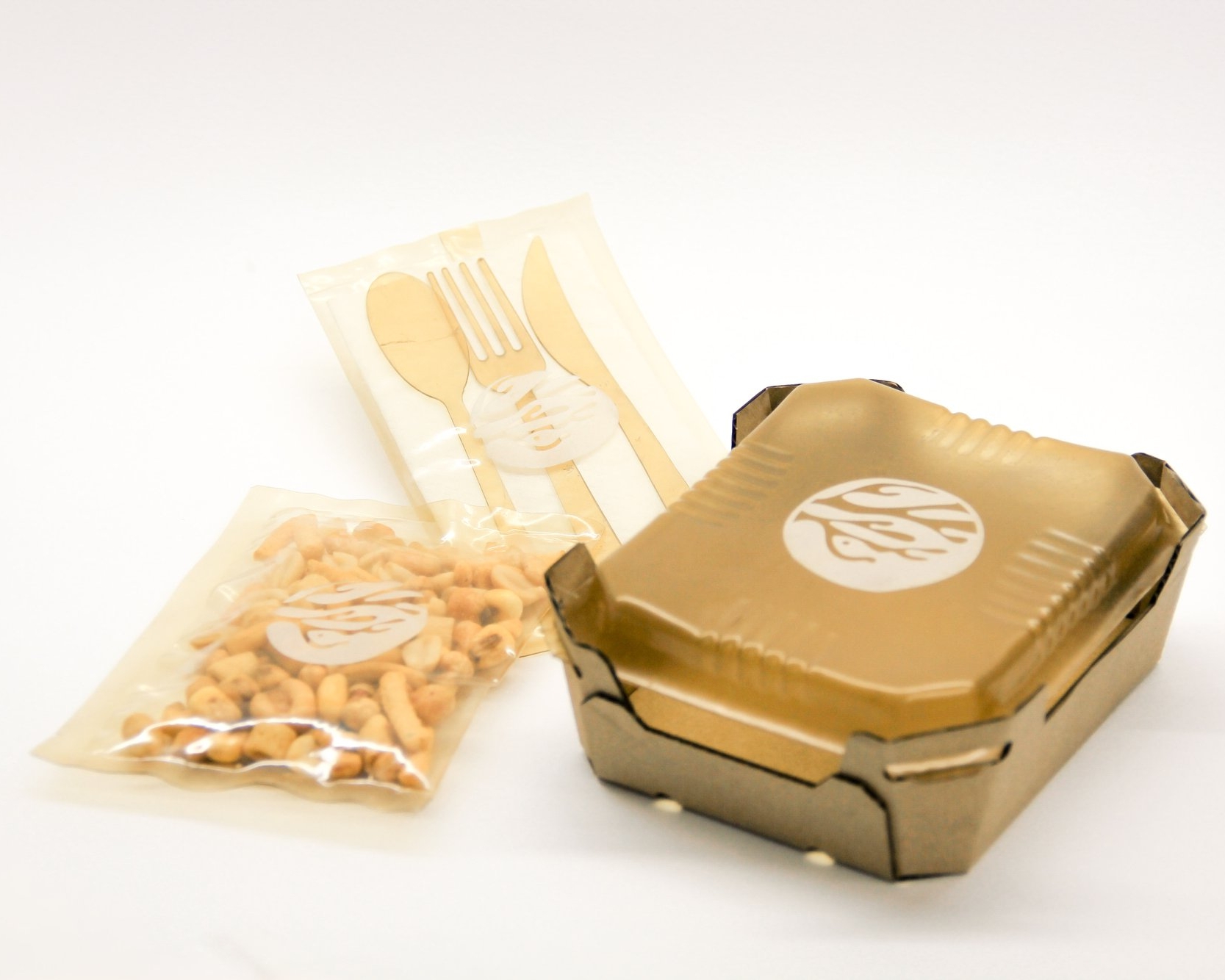
Tackling food waste at its source
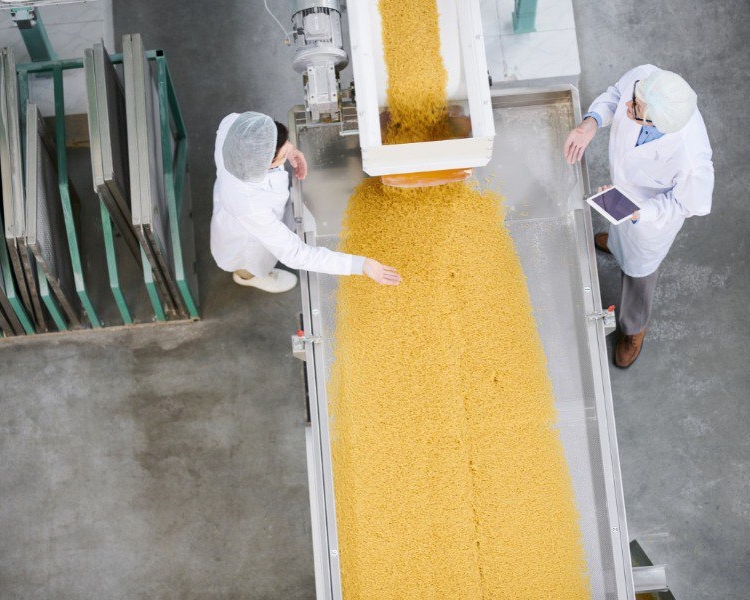
The value of good mentors
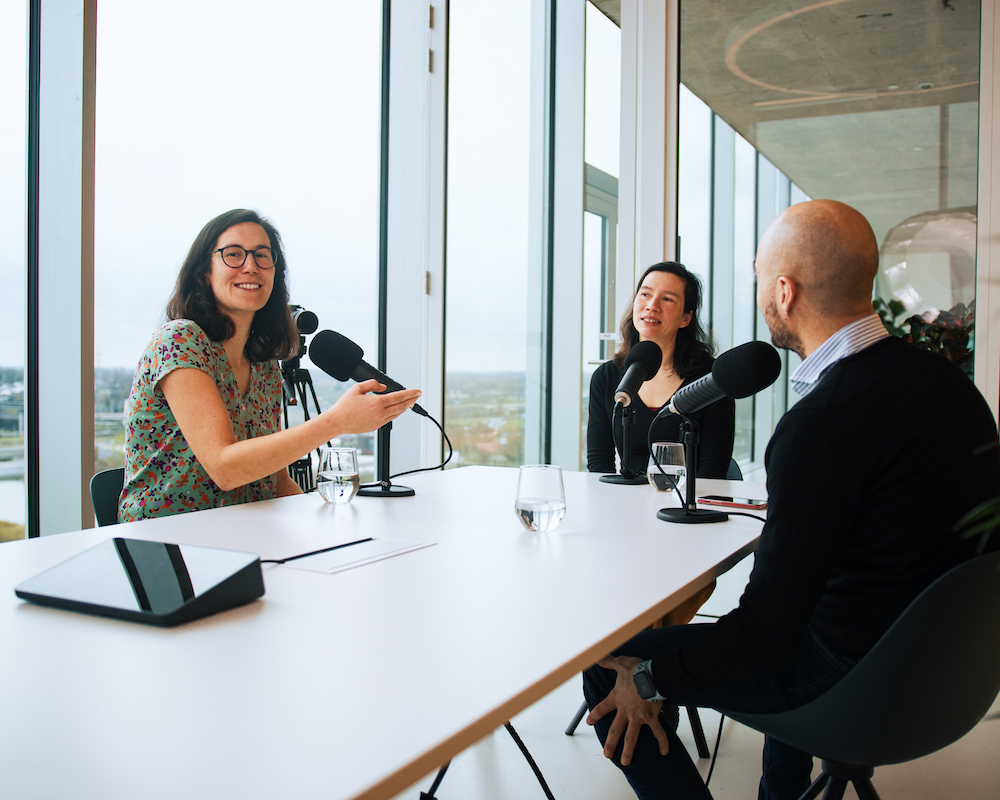
Meet our Spring ‘24 cohort
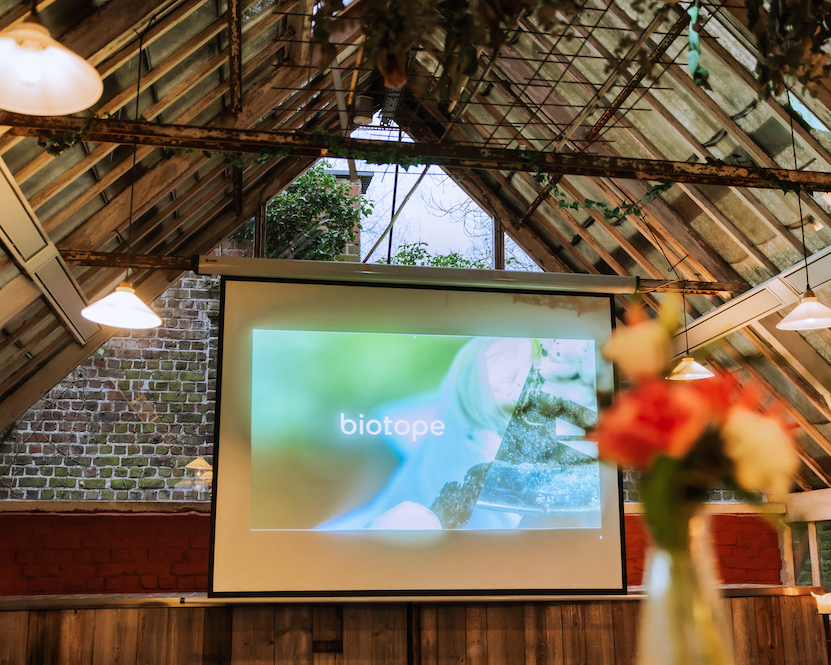
His son’s allergy turned this father into a founder
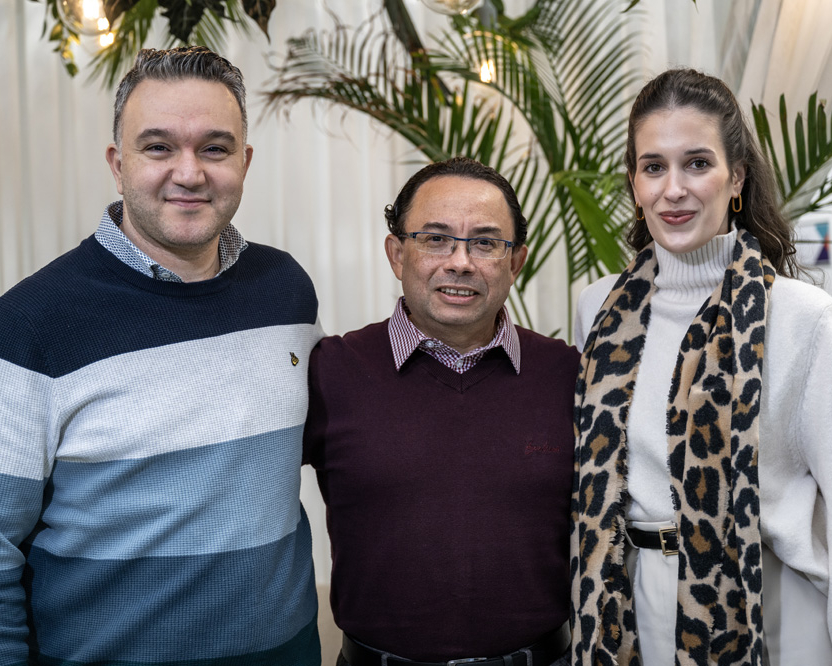
FlyBlast: on a mission to solve meat
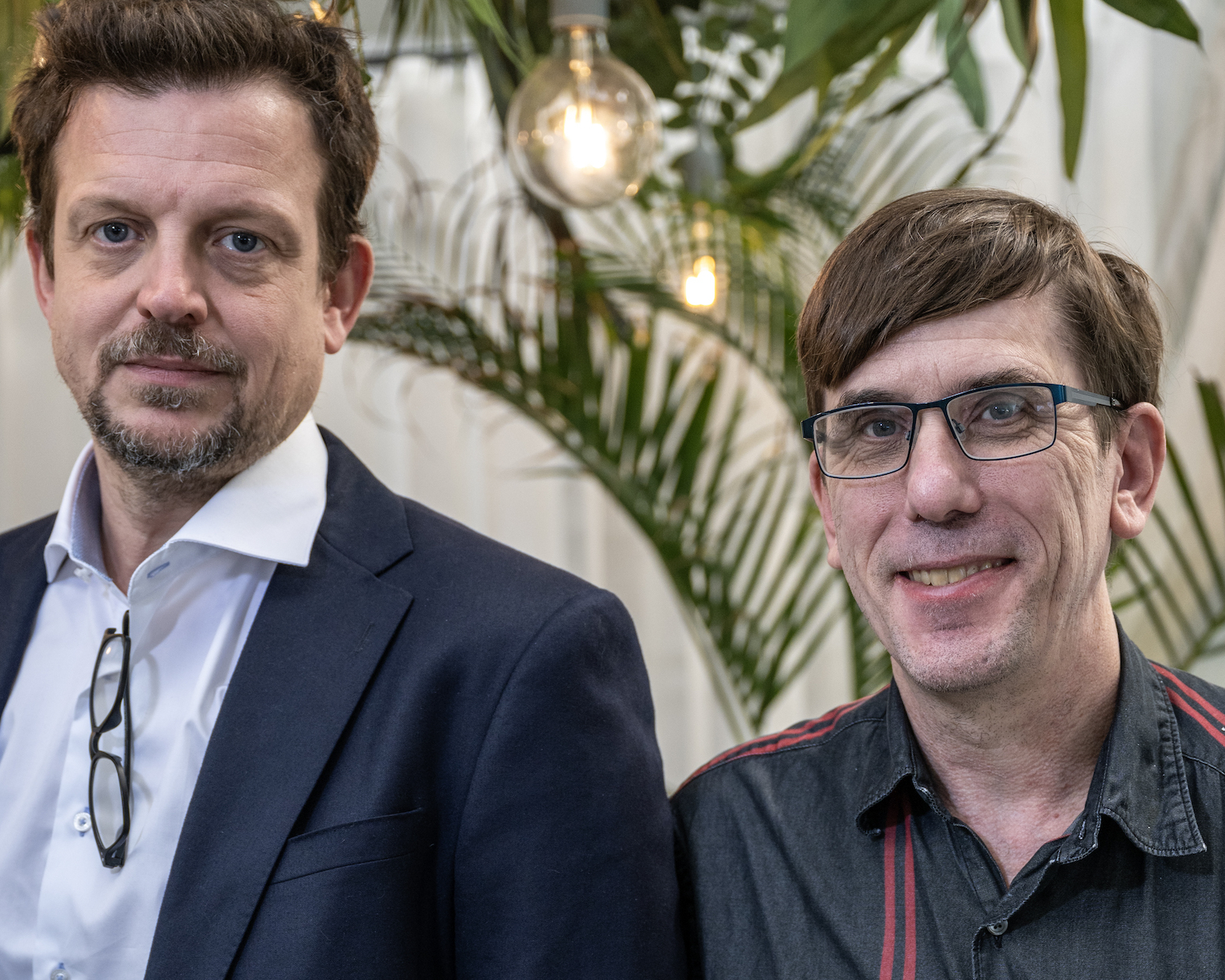
Biosurfactants from food waste? Meet AmphiStar
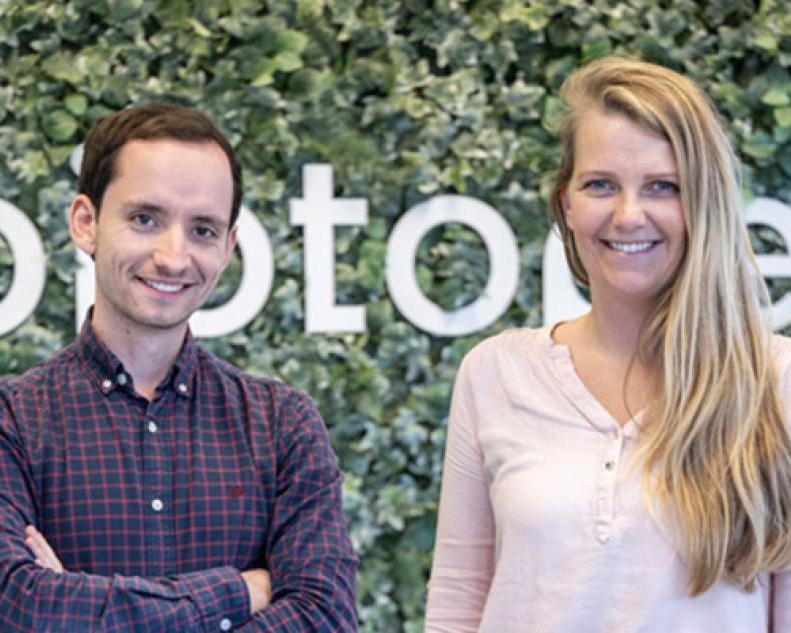
Probitat interview
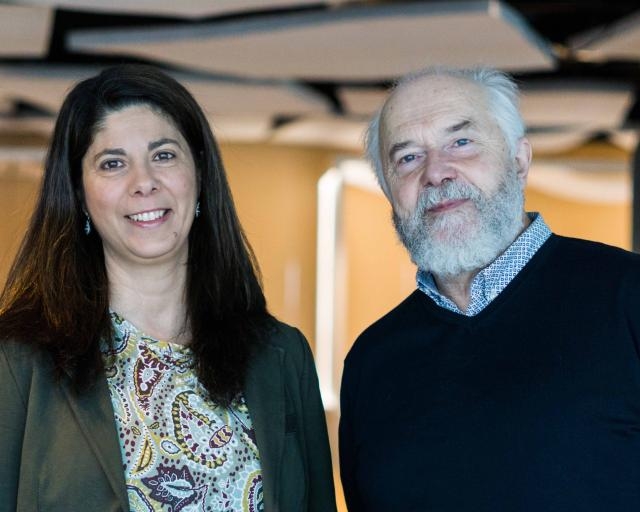
Elogium: Poultry probiotics for safer food
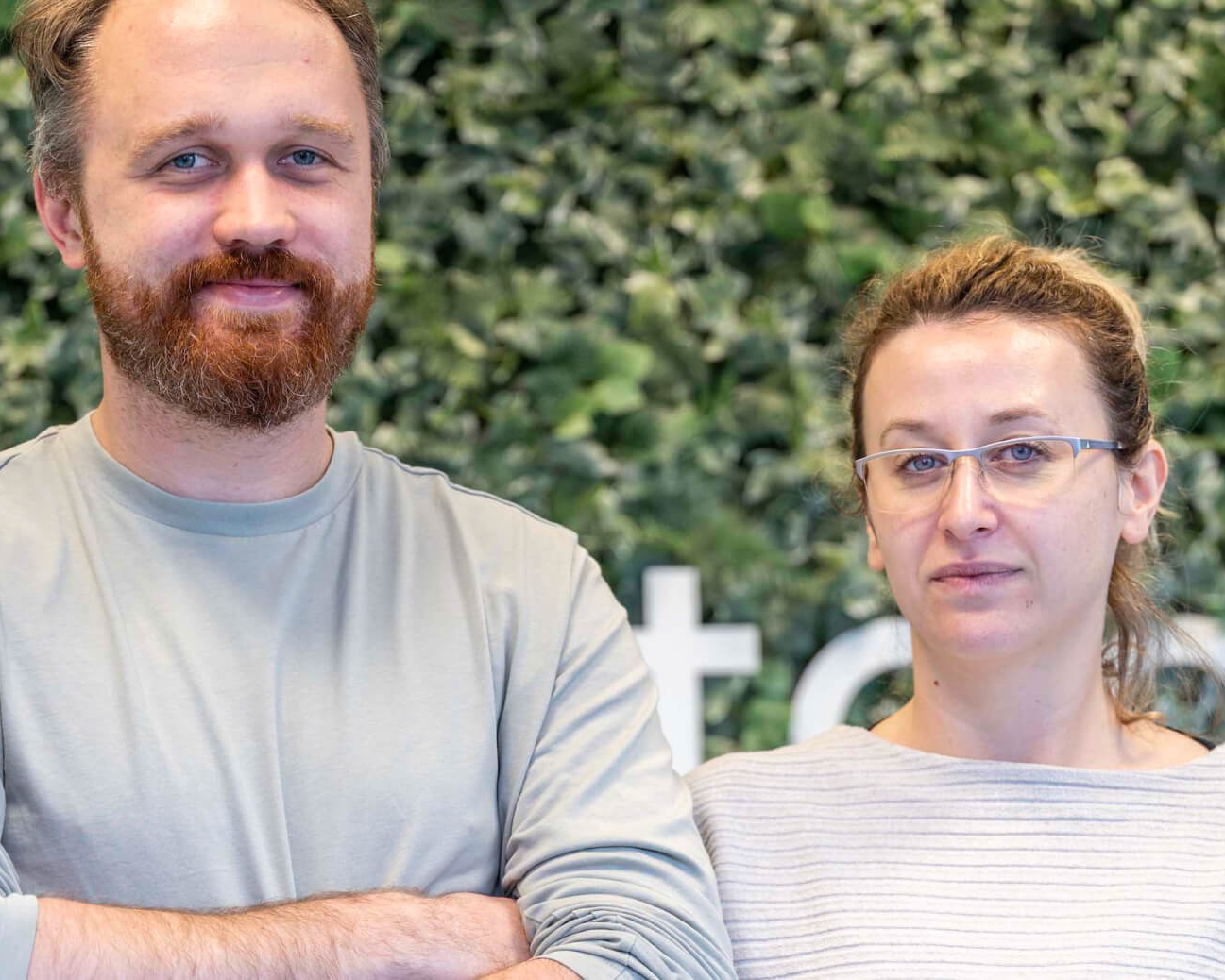
Bolder Foods: non-dairy cheese for a better world
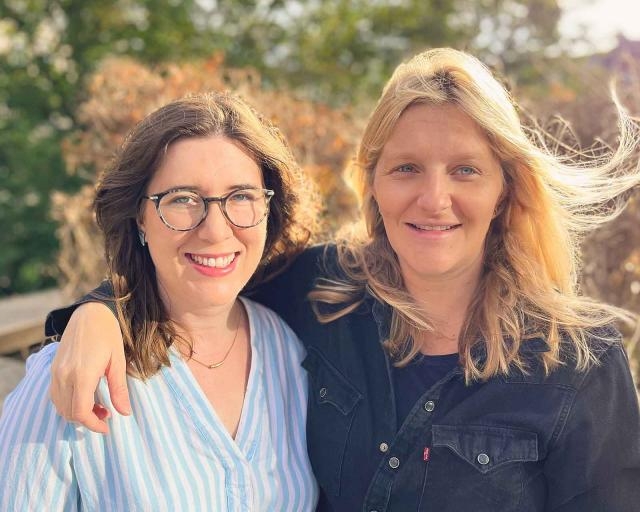
BioVox article
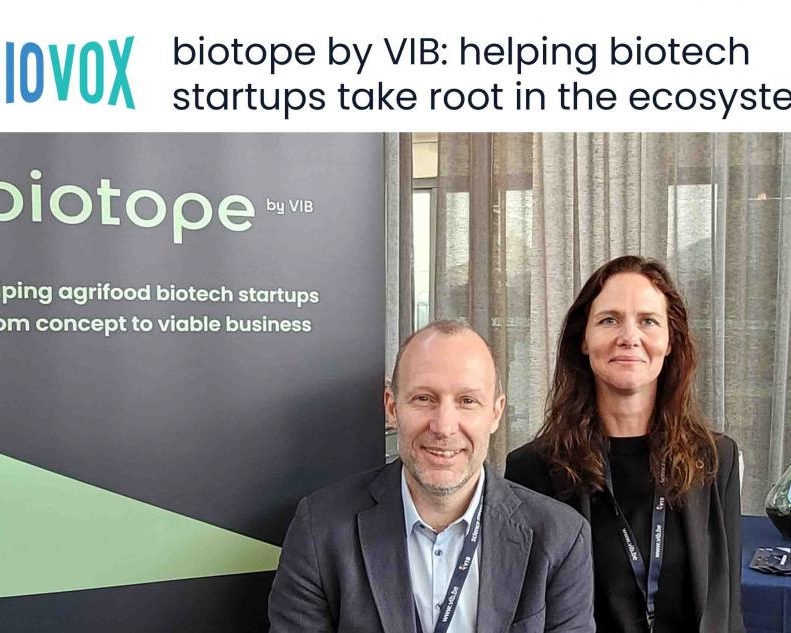
Think you've got what it takes?
- Take part in our program to rapidly advance your technology
- Grow the confidence of you and your team
- Turn your startup into an investment-ready business
